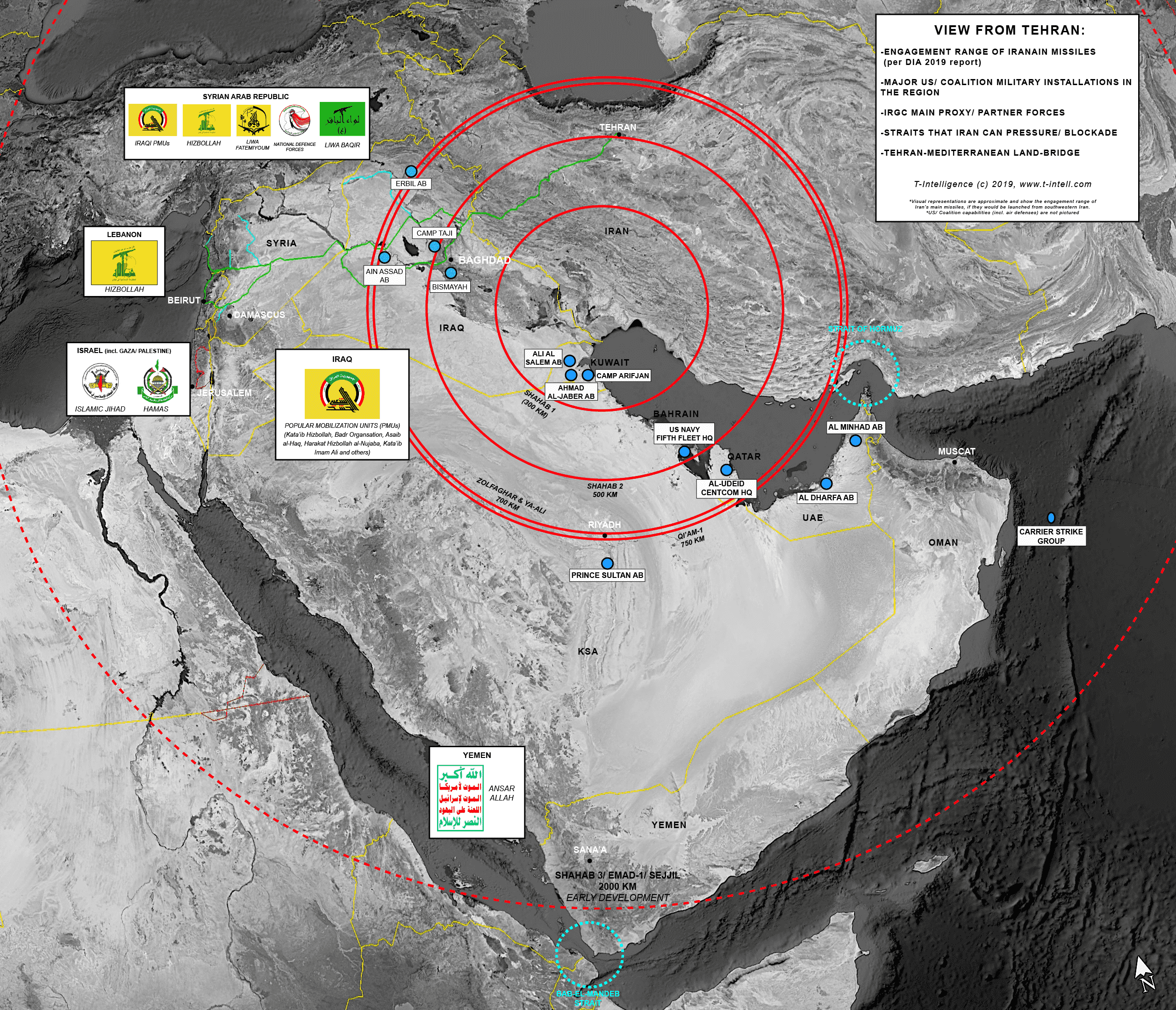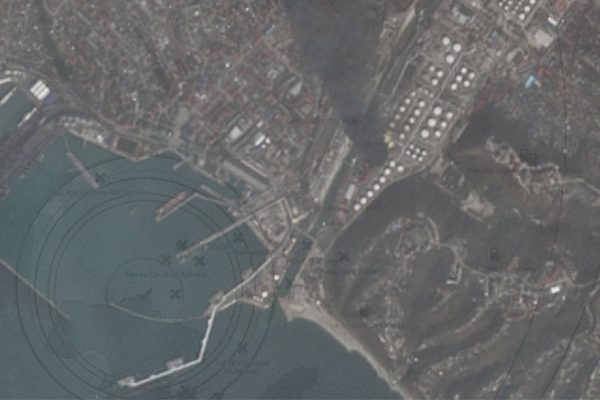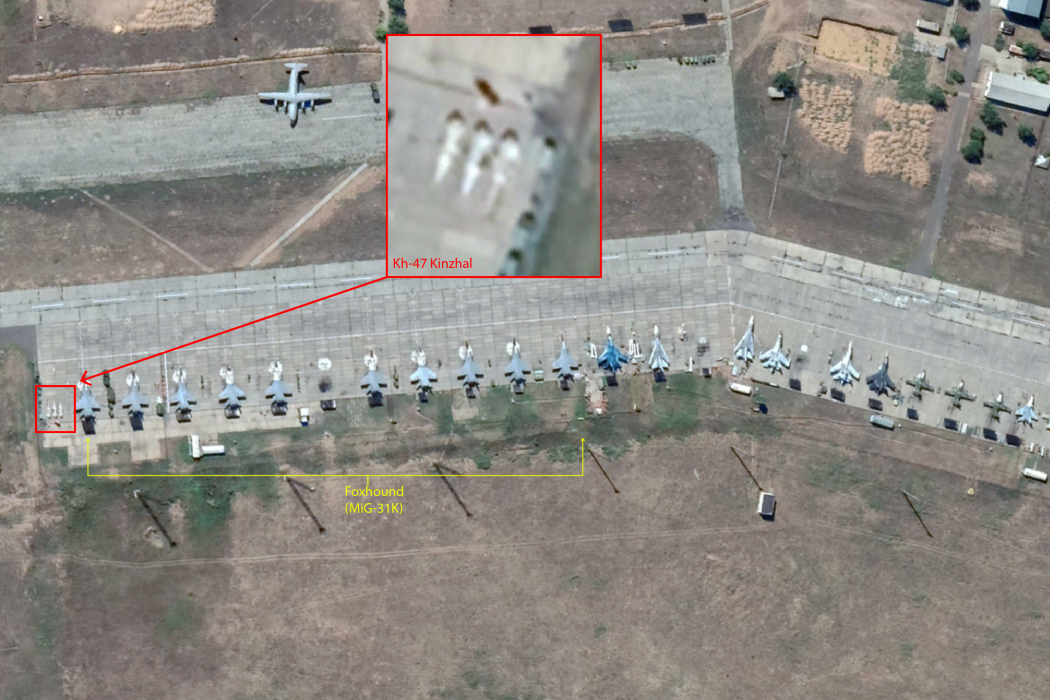
The Moldova/Transnistria Situation Reports (SitReps) are a response to the intelligence obtained by Ukraine and Moldova indicating that Russia plans to overthrow the democratically elected government in Chișinău and maintain the threat of Transnistria high for Ukraine. Drawing from open-source information (OSINF), the newsletter will provide periodic updates on security-relevant developments and analysis. See previous sitreps under the dedicated Moldova & Transnistria section on T-Intelligence and Linkedin, and our threatcast on a possible Russian operation to link up with Transnistria.
KEY JUDGEMENTS
- The Moldovan Parliament voted to extend the state of emergency for another 60 days, on 31 July 2023. The war in Ukraine and Russia’s hybrid war against Moldova were the main reasons behind this continued measure. The decision to extend the state of emergency does not indicate a worsening security situation. However, it does underscore the continued instability in the region, which could dynamically impact Moldova.
- Moldova expelled 45 Russian diplomats and embassy staff after discovering spy antennas on the Russian embassy in Chișinău. The technical equipment is likely used for direction-finding, communications interception, and other signals intelligence (SIGINT) processes. The expulsion of Russian embassy personnel will degrade Russia’s ability to collect human intelligence (HUMINT) and SIGINT under official cover.
- Russia conducted a drone strike against the Ukrainian Danube port of Reni, 10 km from the Moldova port of Giurgiulești and 400 meters from Romania, on 25 July. Moldova’s territory was unharmed, but the attack was unprecedented as it targeted for the first time Ukraine’s Danube ports of Reni and Izmail. Navigation errors or other malfunctions could have easily caused the Shaheds to stray into Moldova or Romania, causing property damage or threatening human life.
- The so-called Pridnestrovian Moldovan Republic (PMR, or Transnistria) re-extended the terrorist threat level yellow until 16 September 2023. Transnistria announced it will not hold an Independence Day parade this year due to the “complicated geopolitical situation.” In addition, the killing of Transnistrian Communist Party Leader Oleg Khorzan, a known Russian asset and PMR government critic, marks the latest security incident in the breakaway republic. Khrozan’s likely politically-motivated killing underscores Transnistria’s continued internal volatility.
SITREP 1-31 JULY
MOLDOVAN EUROPEAN INTEGRATION
Moldovan President Maia Sandu traveled to Austria on 27-28 July 2023. President Sandu attended the Salzburg Summit 2023 on 27 July and met with Austrian President Alexander Van der Bellen the next day. President Sandu and Van der Bellen discussed Moldova’s development and European path and the importance of expediting accession proceedings for Moldova to join the EU.

Meeting between President Sandu and President Van der Bellen (source: @sandumaiamd)
The government in Chișinău managed to secure new European embassy openings in Moldova. On 28 July, Greece announced it would open an embassy in Chișinău. This move primarily facilitates Moldova’s European integration, ensuring that all European Union (EU) members have representation in Chișinău. Last month, Belgium announced that it would be establishing a diplomatic mission in Chișinău.
The Moldovan government officials continued to meet with European Union and national government leaders throughout July 2023. Moldova’s European integration, financial aid, and security issues continue to top the agenda of these meetings:
Moldovan Prime Minister Dorin Recean met with Ambassador of Estonia to Moldova Ingrid Kressel Vinciguerra on 22 July. They discussed the deepening of the bilateral cooperation with Estonia, Moldova’s integration into the European Union, and the regional situation. Prime Minister Recean expressed gratitude for Estonia’s support, including through the exchange of experts in priority sectors such as justice and countering disinformation and hybrid threats.
Moldovan Foreign Minister Nicu Popescu participated in the meeting of the foreign ministers within the framework of the NATO Summit in Vilnius on 11 July. Popescu said Moldova would continue to defend itself and urged solidarity with Ukraine.
President of Moldovan Parliament Igor Grosu met with representatives of the European Commission and European External Action Service (EEAS) on 5 July. The two sides discussed setting the objective of initiating accession negotiations.
Grosu met with NATO Secretary General Mircea Geoana at the NATO headquarters in Brussels, Belgium, on 4 July. Grosu welcomed the deepening partnership between NATO and Moldova and said the Alliance would continue supporting Moldova in areas like resilience, defense and security institution building, combatting disinformation, and cybersecurity.
President Sandu met with MEPs Dragoș Tudorache and Andrzej Halicki on 3 July. Discussions focused on continued cooperation between the European Parliament and the Republic of Moldova. President Sandu thanked the MEPs for the European Parliament’s prioritization of Moldovan integration and emphasized the progress Moldova has made in fulfilling the nine recommendations of the European Commission to grant membership status to an accession candidate.
On the same day, President Sandu met with Yael Braun-Pivet, the President of the National Assembly of France, the first head of the French legislature to visit Moldova.
MOLDOVAN FINANCIAL ASSISTANCE
The Moldovan Parliament will ratify the second reading of the 15th amendment to the Moldovan-US intergovernmental agreement on development assistance, which includes a $220 million US grant for energy investments. This was communicated by Speaker Grosu to US Ambassador to Moldova Kent Longsdon in a meeting on 27 July.
On 20 July, the European Council renewed and expanded the EU-Moldovan trade liberalization for another year (expires 24 July 2024). The measures continue to cover all seven agricultural products for which exports from Moldova into the EU are not yet fully liberalized under the Deep and Comprehensive Free Trade Area (DCFTA), as they are subject to duty-free quotas: plums, table grapes, apples, tomatoes, garlic, cherries, and grape juice.
European motivations for this are to offer Moldova as much access to the European market as possible. This could potentially provide more predictability in the Moldovan market, increasing Moldova’s investment attractiveness. The impact on EU own resources will be very limited, with the revenue loss projected at 0.3 million.
MOLDOVAN INTERNAL AFFAIRS
Moldova extended its state of emergency for another 60 days on 31 July 2023. The Parliament extended the emergency measures at the government’s request. Prime Minister Recean cited the proximity of the war in Ukraine and Russia’s hybrid war against Moldova for the measure.
The Moldovan Parliament banned Șor Party executive members from running for elections for three years. In addition, all individuals that held positions in the executive body of the Șor Party, held elected offices or were on the party candidate lists when the party was declared unconstitutional will be prohibited from holding elected office. In a second reading, an amendment to extend the ban from three to five years was accepted. The legislative initiative was organized by MPs from the Party of Action and Solidarity (PAS) on July 31.
Moldova plans to establish a major and modern military base in line with Western standards near Chișinău. On 31 July, the Moldovan Parliament examined a draft bill to develop the Moldovan National Army’s (MNA) infrastructure in line with the Strategic Vision of the Moldovan Ministry of Defense (MOD) for the medium-term development of the MNA between 2022-2025. The document requests the Ministry of Agriculture and the Ministry of Education to cede two properties to the MNA for building the military base, which is currently designated “Permanent Military Camp 136”.
The draft bill mentions the MNA cooperated with the U.S. Naval Facilities Engineering Systems Command (NAVFAC) and the North Carolina National Guard, as well as the Center for Studies and Military Construction Projects of the Romanian Ministry of National Defense (MoND) on the concept and feasibility studies.
Moldovan Parliament adopted a bill to build a new bridge over the Dnister linking Moldova to Ukraine, on 31 July. The bridge will connect Cosăuți and Yampil (Vinnytsia oblast, Ukraine) and is expected to be completed by late 2025. In addition, the bridge will link up eastern Moldova with the TEN-T trans-European road network, facilitating trade and mobility.
Moldova will build the bridge from its territory, while Ukraine will finance the project. Chișinău and Kyiv signed an accord to build the bridge on 12 June 2023, based on an initiative from 2012.
Fugitive oligarch Ilan Șor presented, via live stream from Israel, the lineup of the executive committee of Găgăuzia led by Evghenia Guțul, on 27 July. Guțul won the gubernatorial elections in Găgăuzia in May 2023, which came under scrutiny due to irregularities. With 21 members, the Gagauz executive committee wil dwarf the Moldovan government in size.

Gagauzia’s executive committee shadowed by Ilan Shor through a live stream from Israel (credits: Infotag)
TRANSNISTRIA AND RUSSIA
Moldova expelled 45 Russian diplomats and embassy staff after discovering spy antennas on the Russian embassy in Chișinău on 26 July. Russia will have until 15 August to cut its embassy personnel to 25.
The discovery was made by a joint Insider and Jurnal TV investigation published on 24 July. The investigation exposed the presence of agents and listening devices on the premise of the Russian embassy in Chișinău. While some antennas have been there for years, their number has increased annually to a claimed total of 28 in 2023. In addition, GRU officers, such as Pavel Yakunin and Alexander Vasinovich, have been photographed re-arranging the antennas on the roof ahead of major events, such as the Găgăuz elections.
The technical equipment can support direction-finding, communications interception, and cyber attacks. Some antennas reportedly serve as a redundant backup to communicate with the Black Sea Fleet.
Russia conducted a drone strike against the Ukrainian Danube port of Reni, 10 km from the Moldova port of Giurgiulești and 400 meters from Romania, on 25 July. The attack destroyed at least two grain warehouses and damaged Reni’s port infrastructure. Carried out by Shahed 136 one-way attack drones launched from Crimea, the attack was part of Russia’a latest strike campaign against Ukrainian port infrastructure, which also targeted Odesa.

Russia’s strikes on Reni georefrenced on a map and geolocated (as published on Vlad Sutea’s Linkedin page on 24 July). The visual features satellite imagery from Planet and Maxar Technologies (via Google Maps), and a screenshot from an eyewitness video of the attack on Reni. Note: The graphic is for informative and illustrative purposes. The battle damage assessment (BDA) is not definitive, and the target locations may not reflect the full scope of the attack.
Moldova’s territory was unharmed, but the attack was unprecedented as it targeted for the first time Ukraine’s Danube ports of Reni and Izmail. These ports were considered relatively safe due to their proximity to NATO member Romania. Navigation errors or other malfunctions could have easily caused the Shaheds to stray into Moldova and Romania.
On 24 July, the PMR authorities announced they would not organize an Independence Day parade this year on 2 September. Tiraspol cited the “complicated geopolitical situation” as reasoning for not going ahead with the military parade, a staple in the Transnistrian calendar.
On 17 July, PMR authorities extended the terrorist threat level yellow until 16 September 2023. PMR President Krasnoselksy ordered the terrorist threat level to be monitored in Transnistria daily for 60 days commencing 18 July.
Oleg Khorzhan, the leader of the Transnistrian Communist Party, was found murdered at his home near Tiraspol on 16 July. Moldovan authorities announced they were taking all appropriate measures to investigate the crime. Khorzan had been out of prison since December 2022. He was sentenced by the PMR in November 2018 to four and half years imprisonment for “violent actions against a public figure.”
Khorzan is a known Russian asset and a critic of the Transnistrian political establishment. There is reason to believe his death was politically motivated and carried out by Transnistrian security services.
On 18 July, the Head of the EU Delegation to Moldova, Janis Mazeiks, held a meeting with PMR President Krasnoselsky during which he was informed of the death of the opposition leader. Krasnoselsky has reportedly opened up a criminal case. The parties also discussed topics related to social and medical assistance to Transnistria and the political settlement negotiation process.
The PMR Interior Ministry asked for assistance from the Moldovan Interior Ministry in investigating the case of the murder of Oleg Khorzhan.
On 5 July, the OSCE Parliamentary Assembly (PA) passed a resolution urging the Russian Federation to resume the withdrawal of its military troops and ammunition depots from the territory of Moldova. In addition, the OSCE PA invited all relevant actors to initiate political discussions to transform the current peacekeeping operation in Transnistria into “a multilateral civil mission under an international mandate.” The resolution mentions that the 5+2 negotiations are suspended due to Russia’s invasion of Ukraine and, in this context, appreciates the efforts of the Moldovan OSCE mission in facilitating dialogue in the 1+1 format.
by Vlad Sutea and Will Kingston-Cox



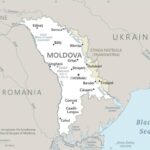
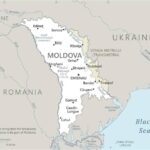
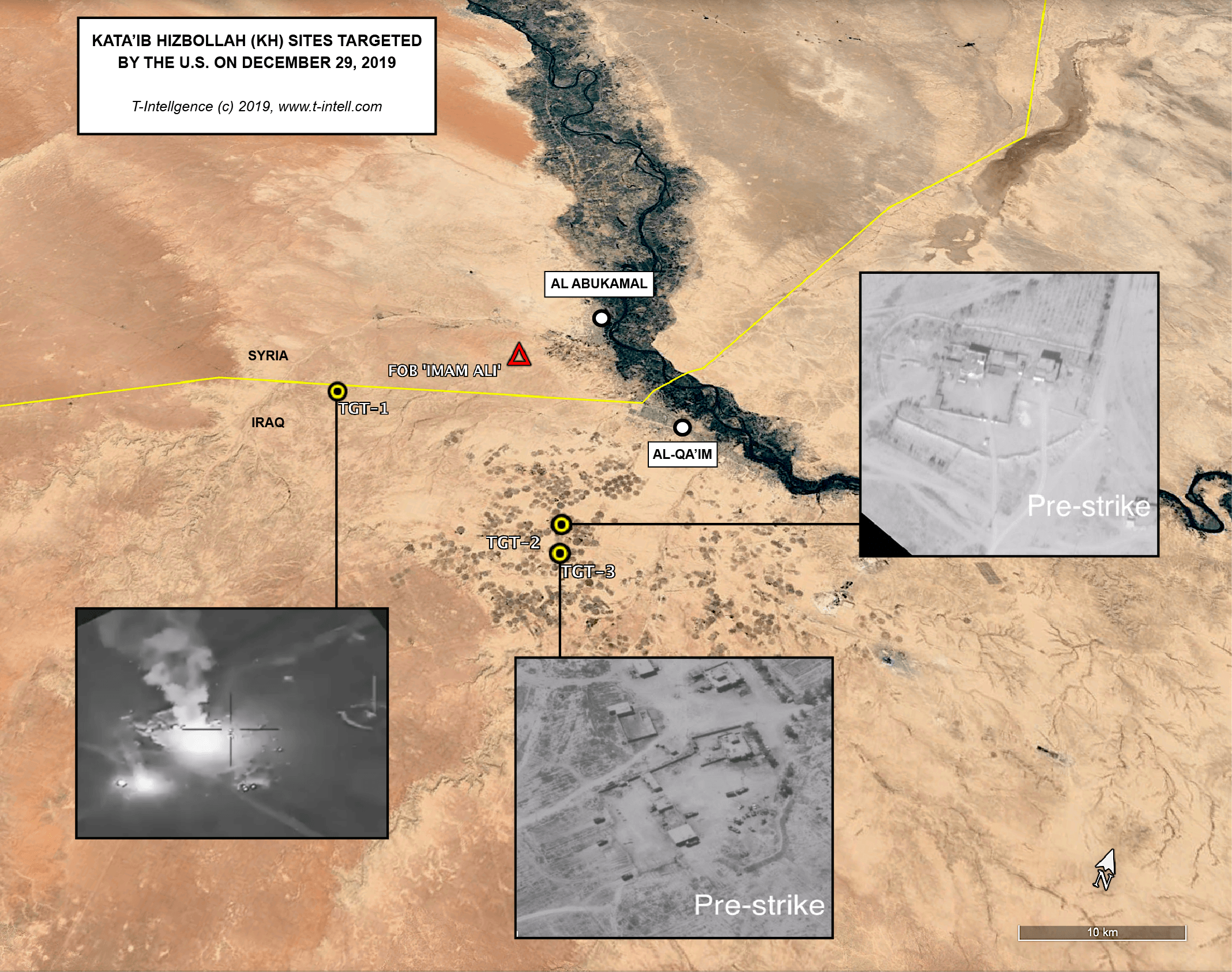
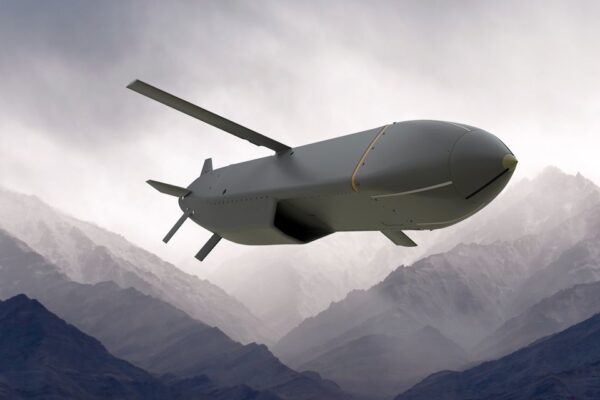
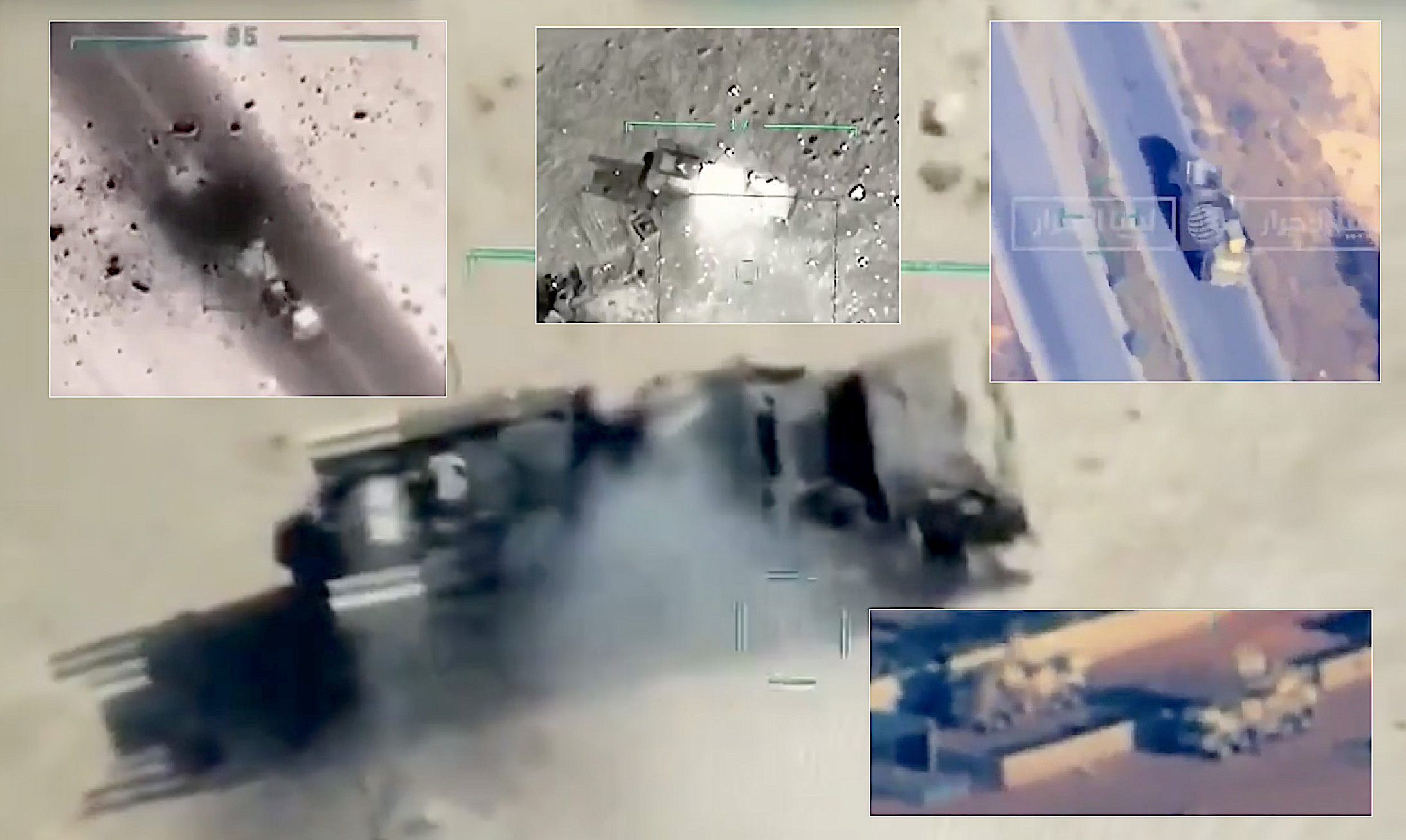
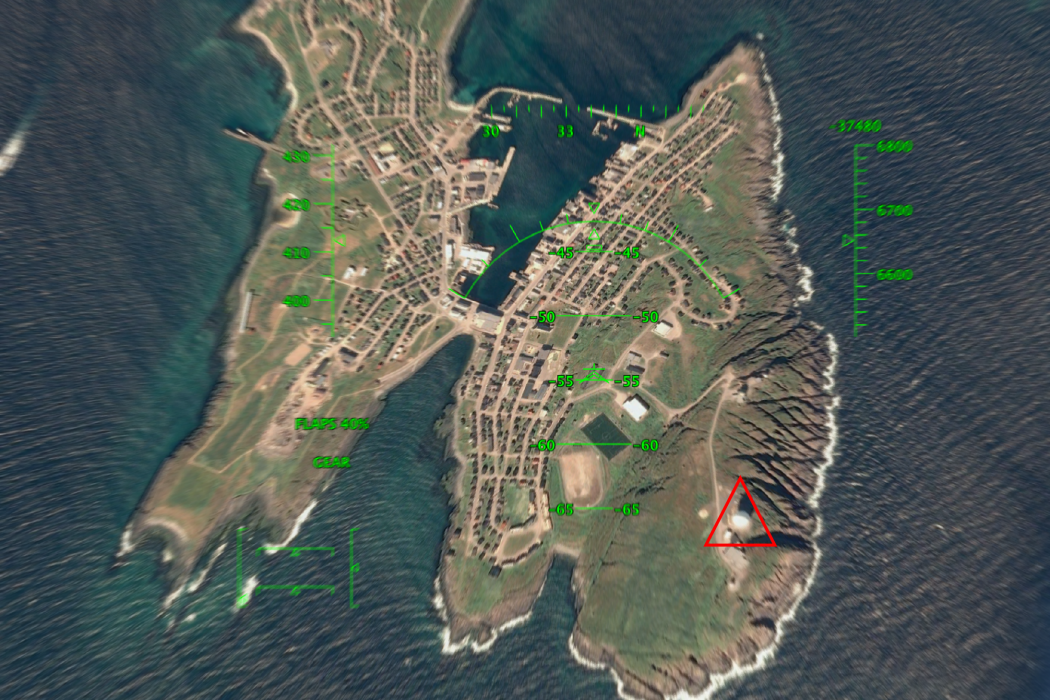

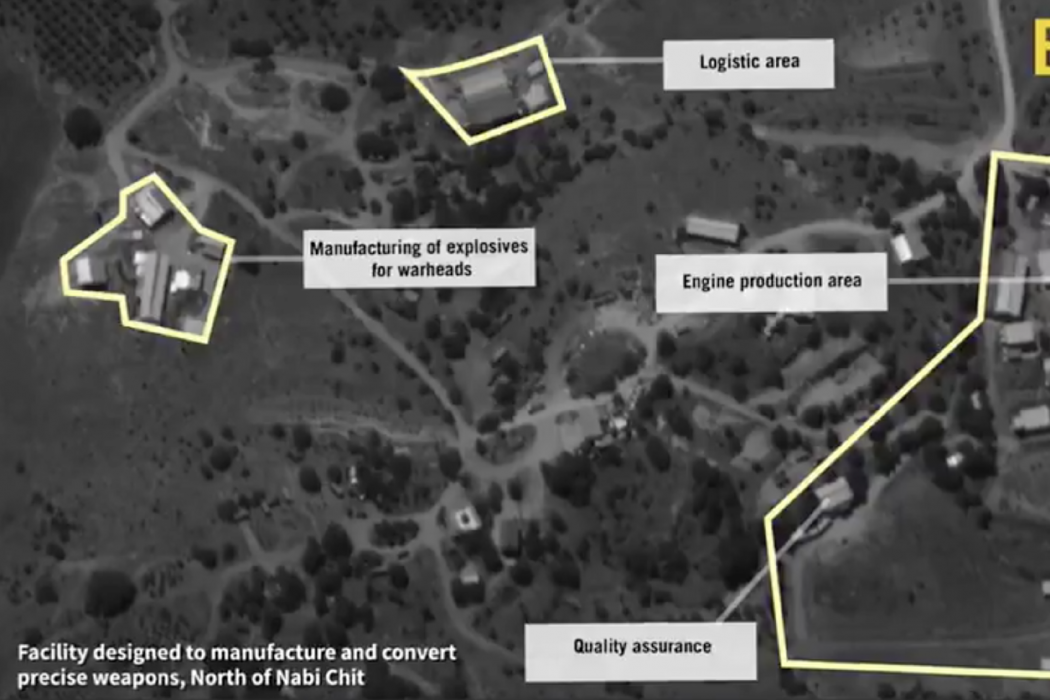

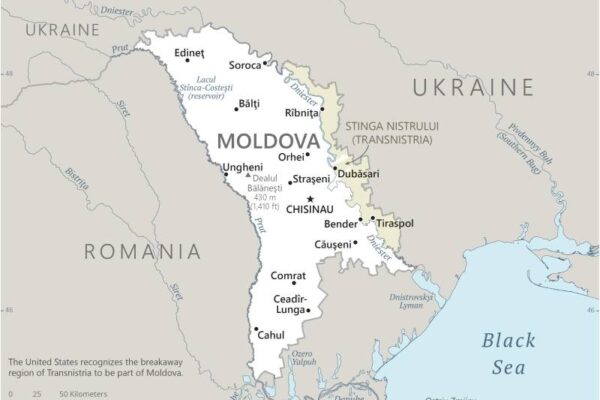
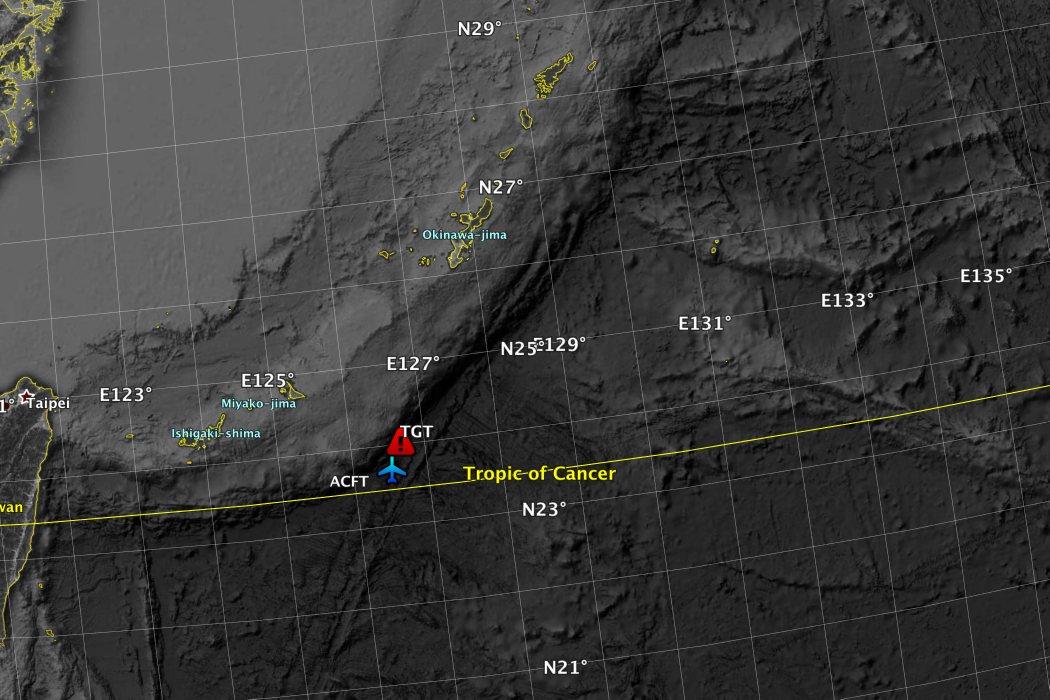
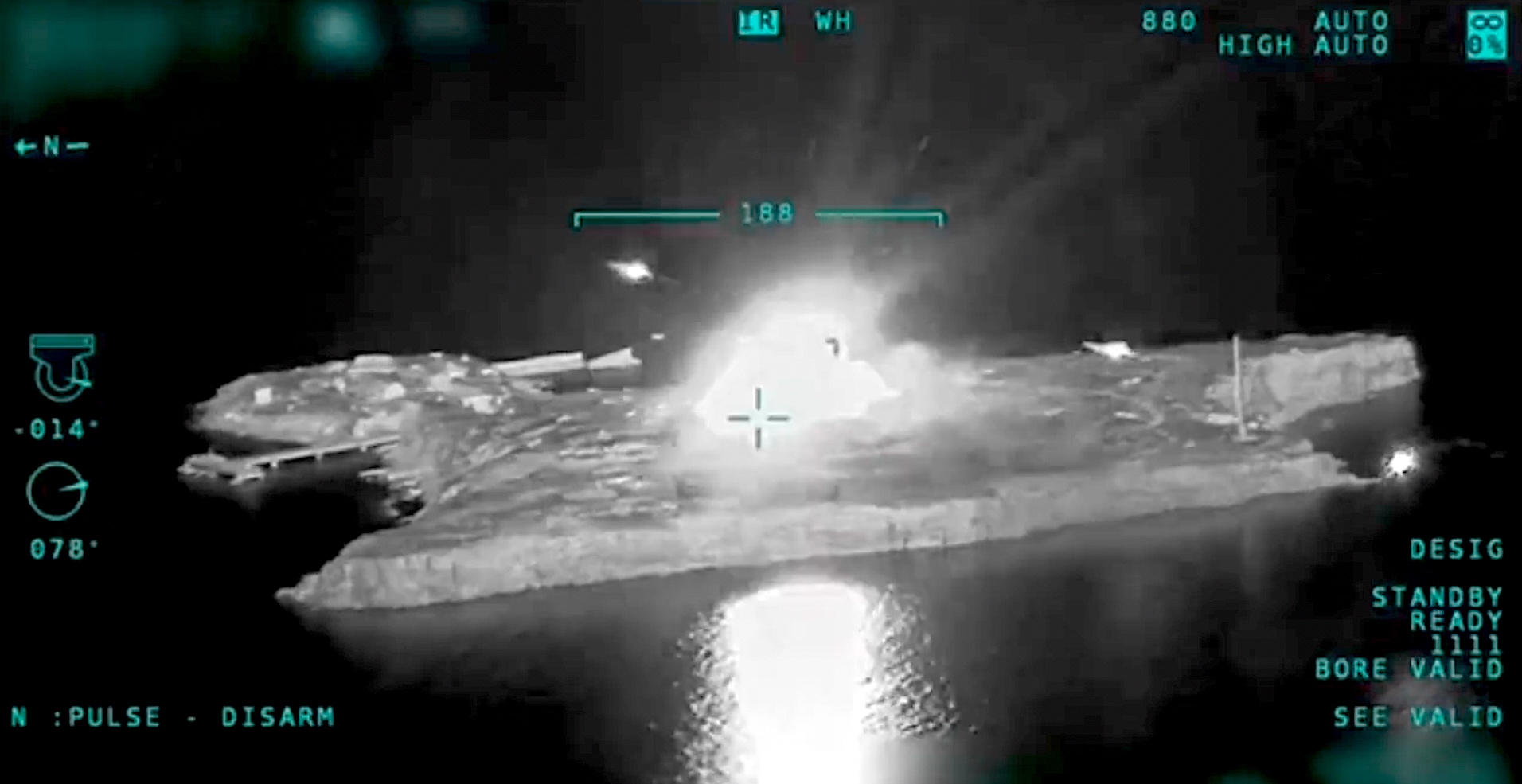
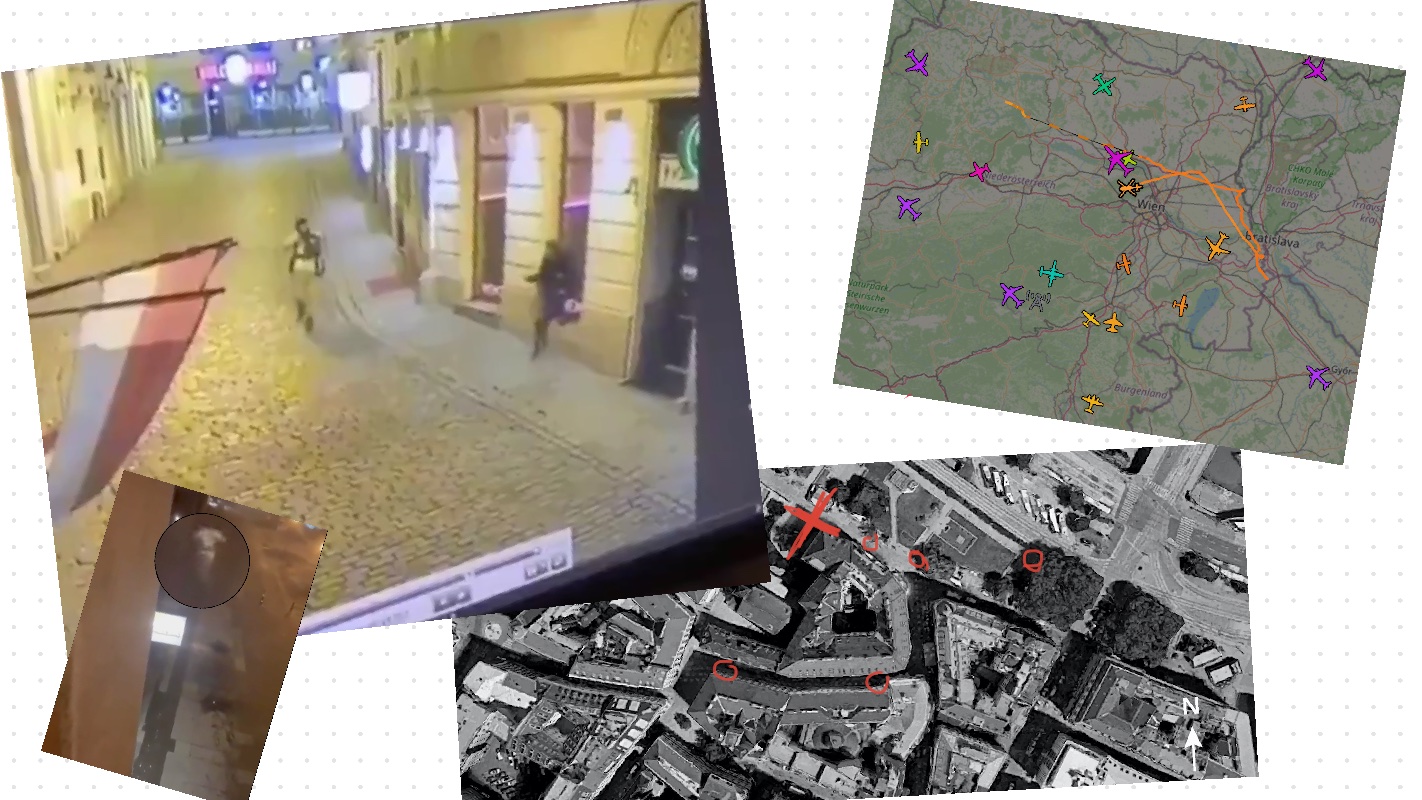
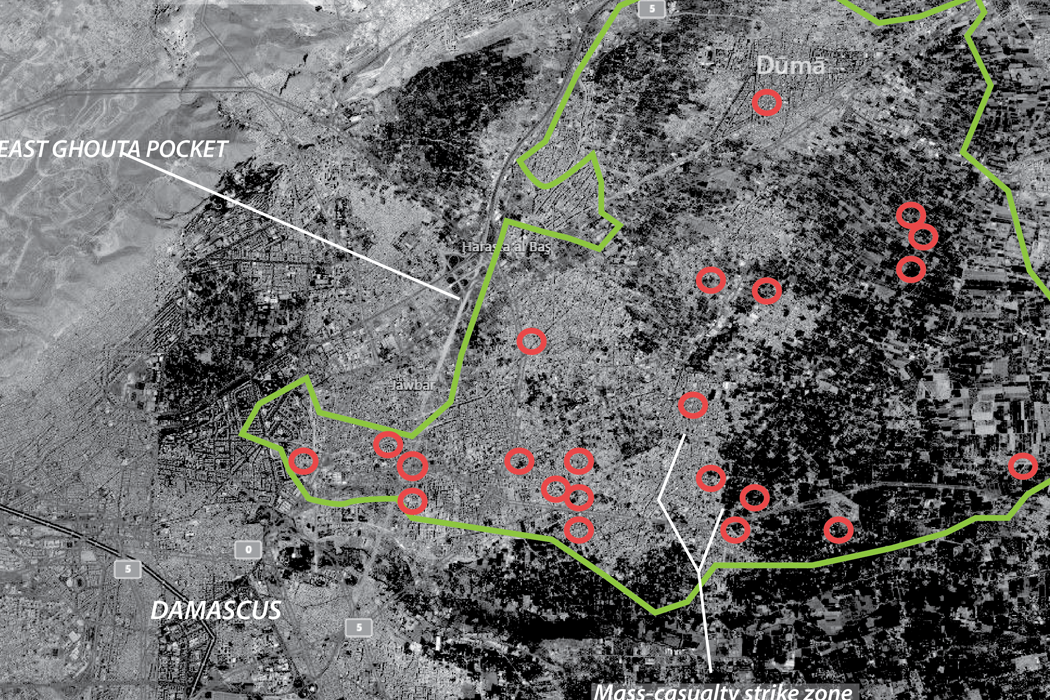

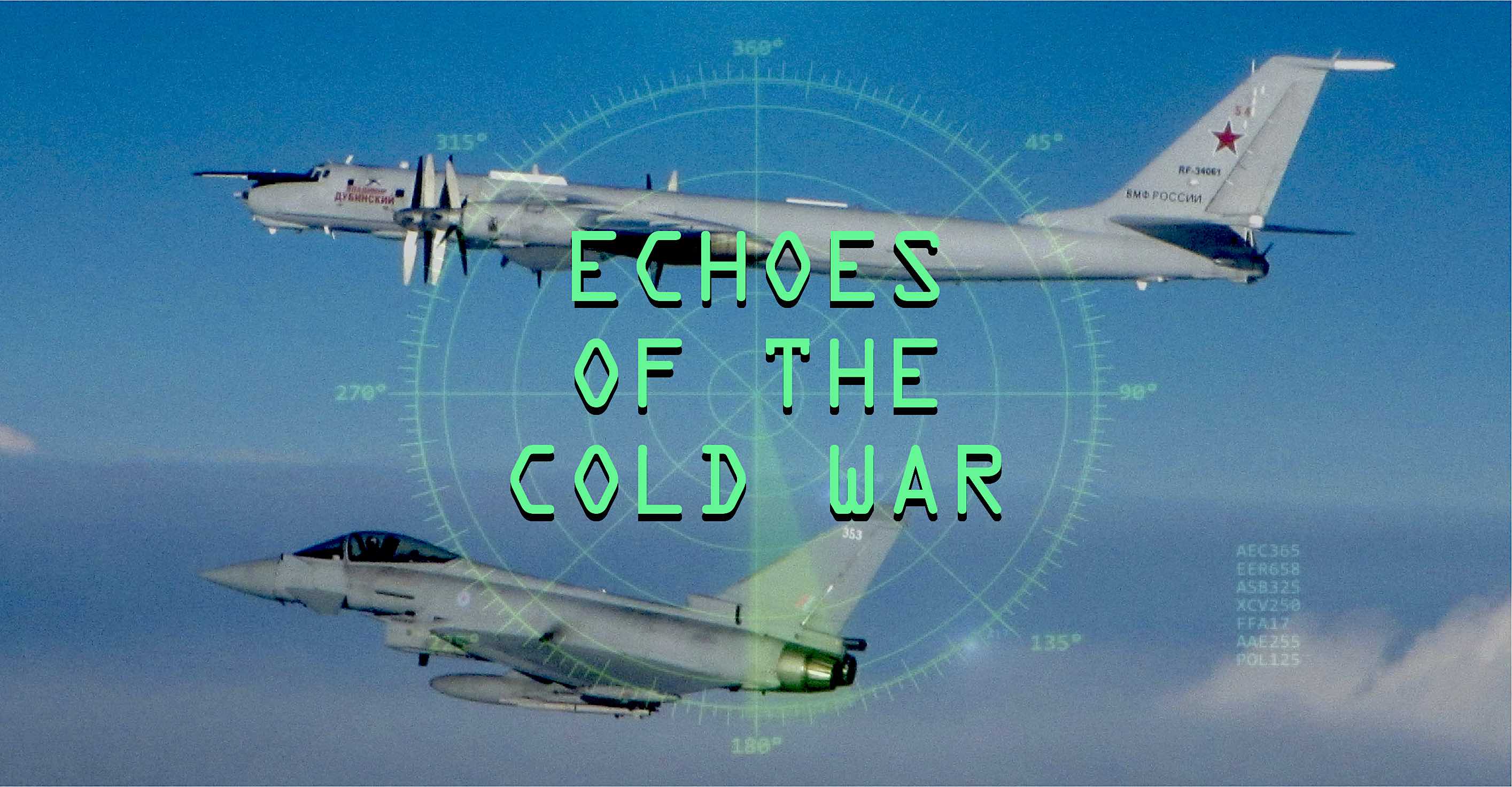
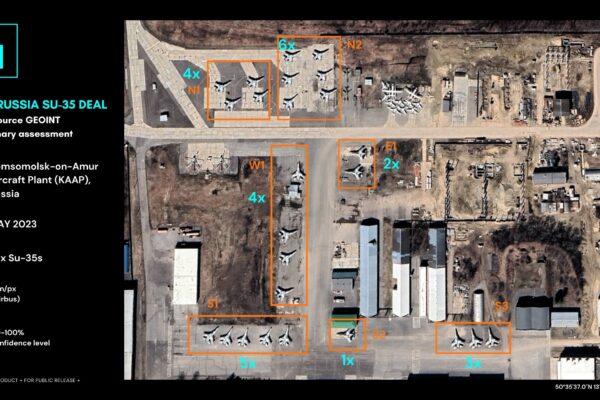
![This is How Iran Bombed Saudi Arabia [PRELIMINARY ASSESSMENT]](https://t-intell.com/wp-content/uploads/2019/09/map4cover-01-compressor.png)
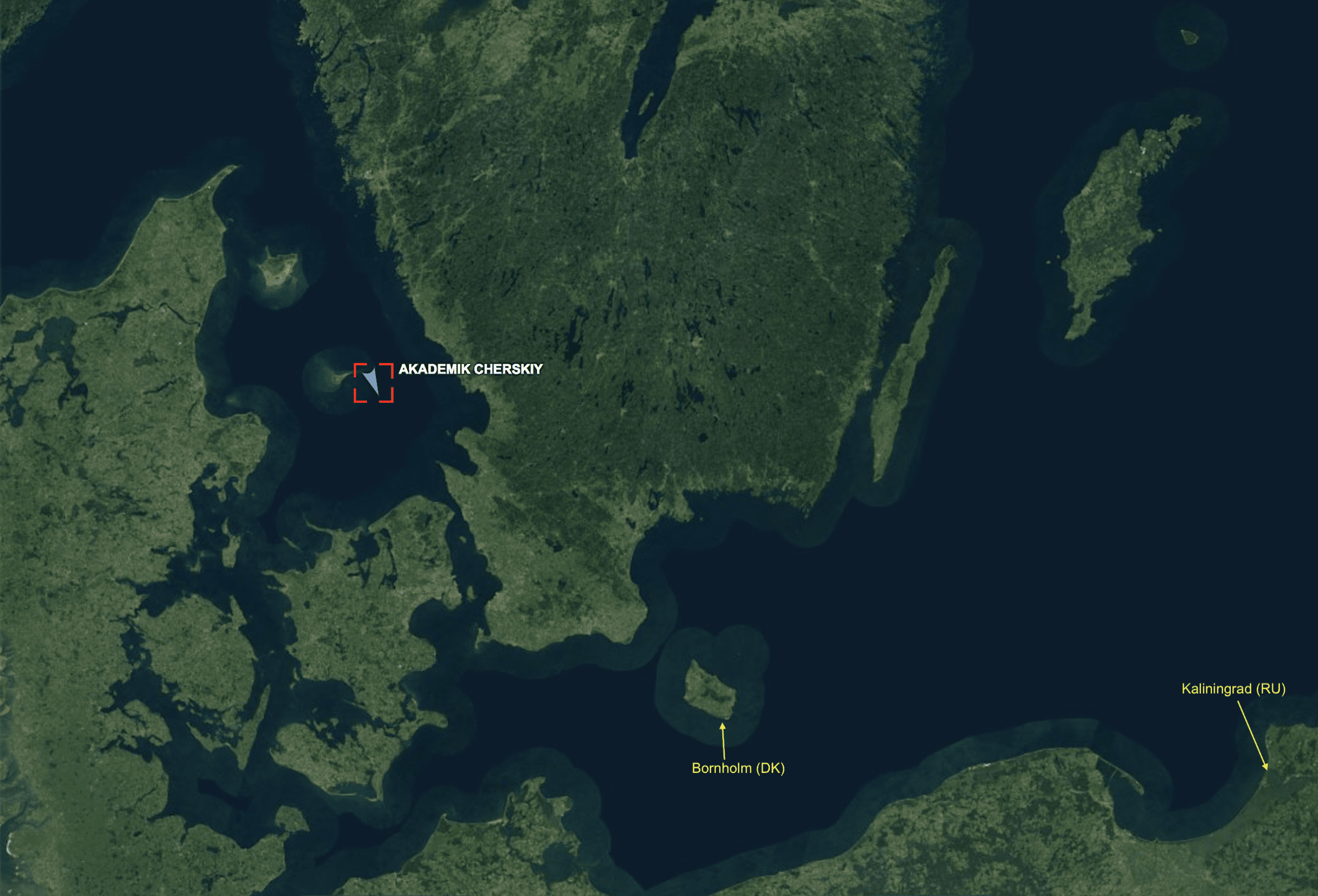
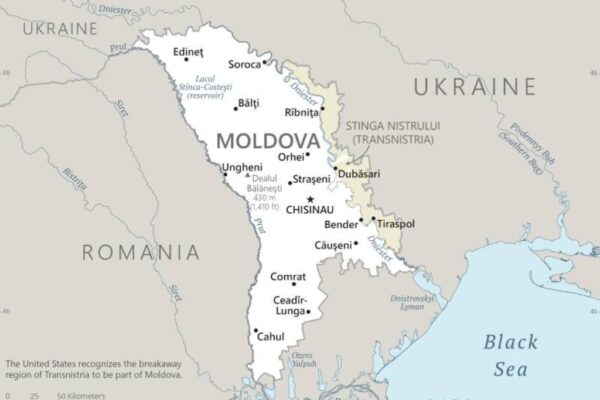
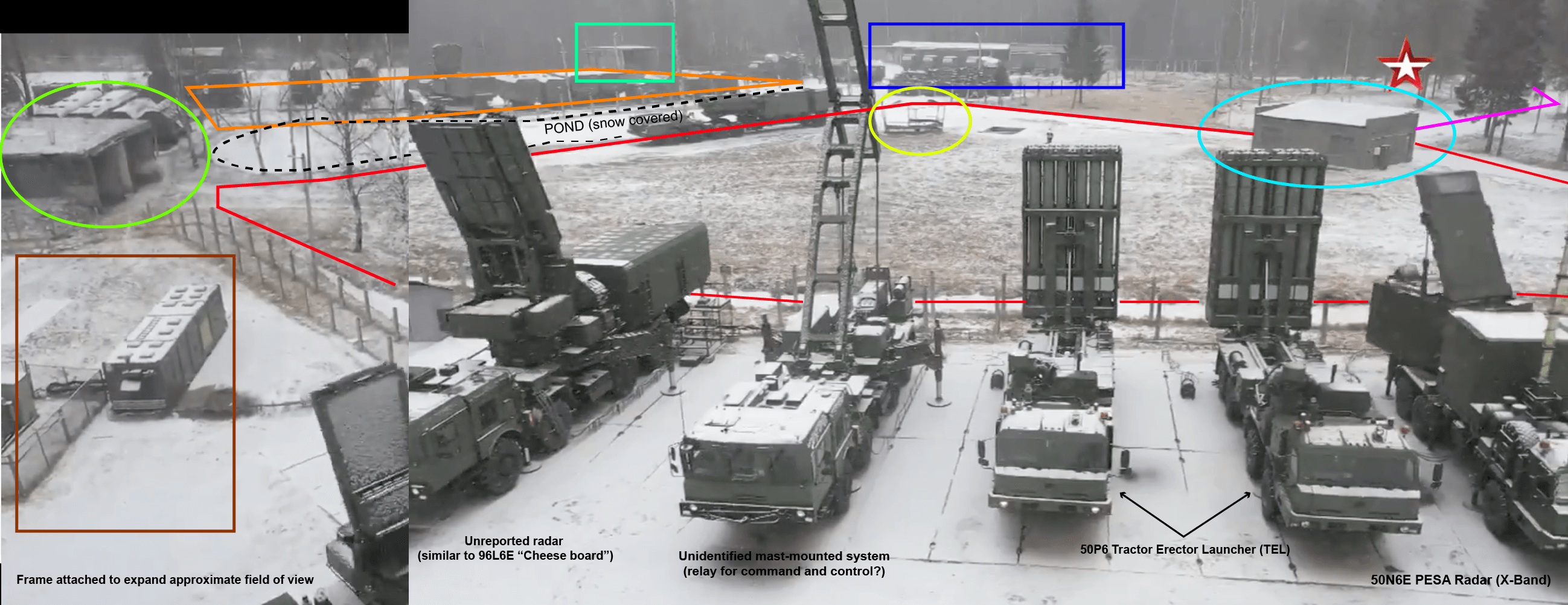
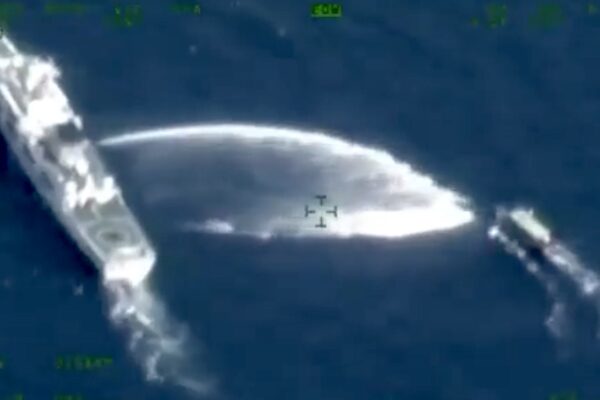


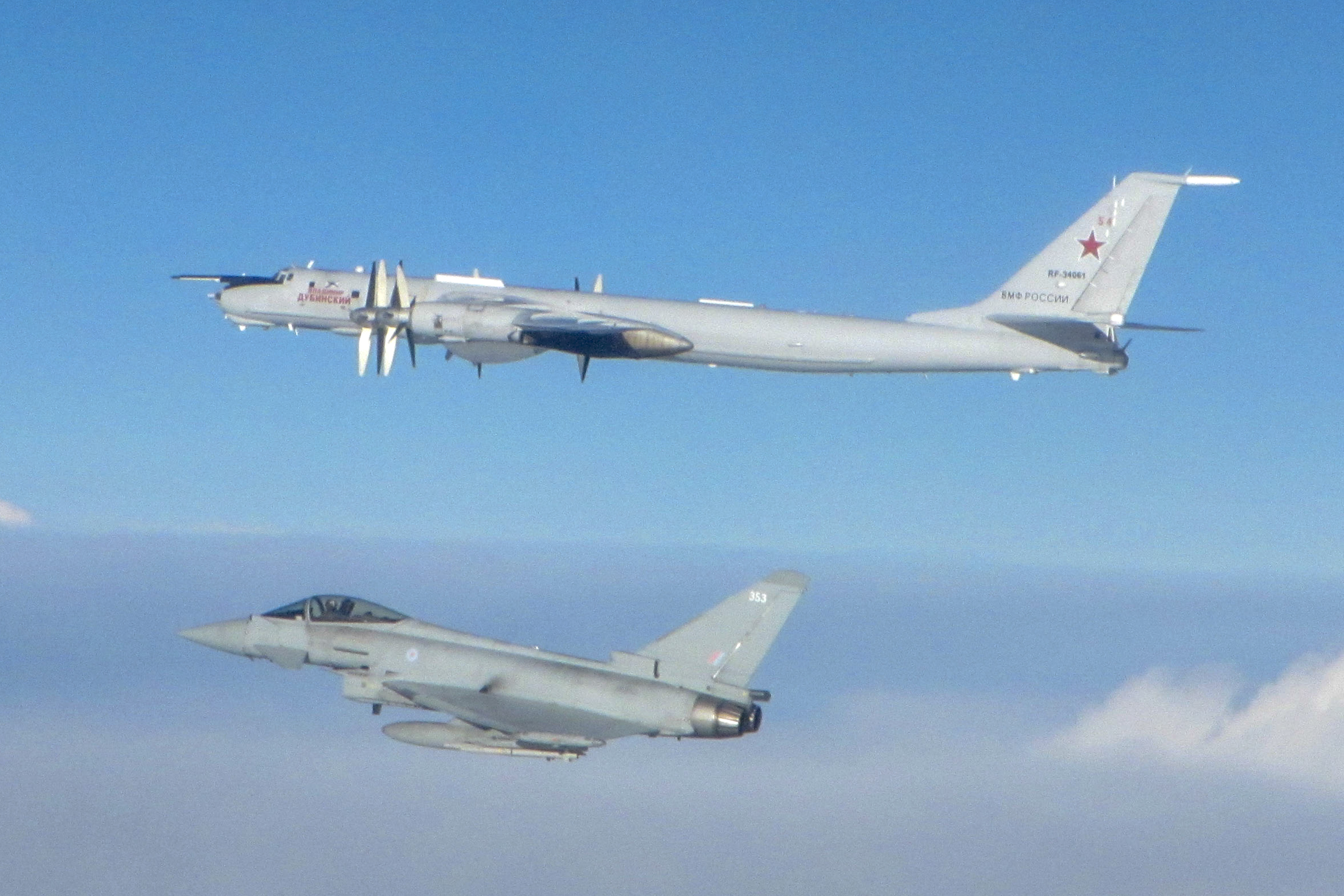
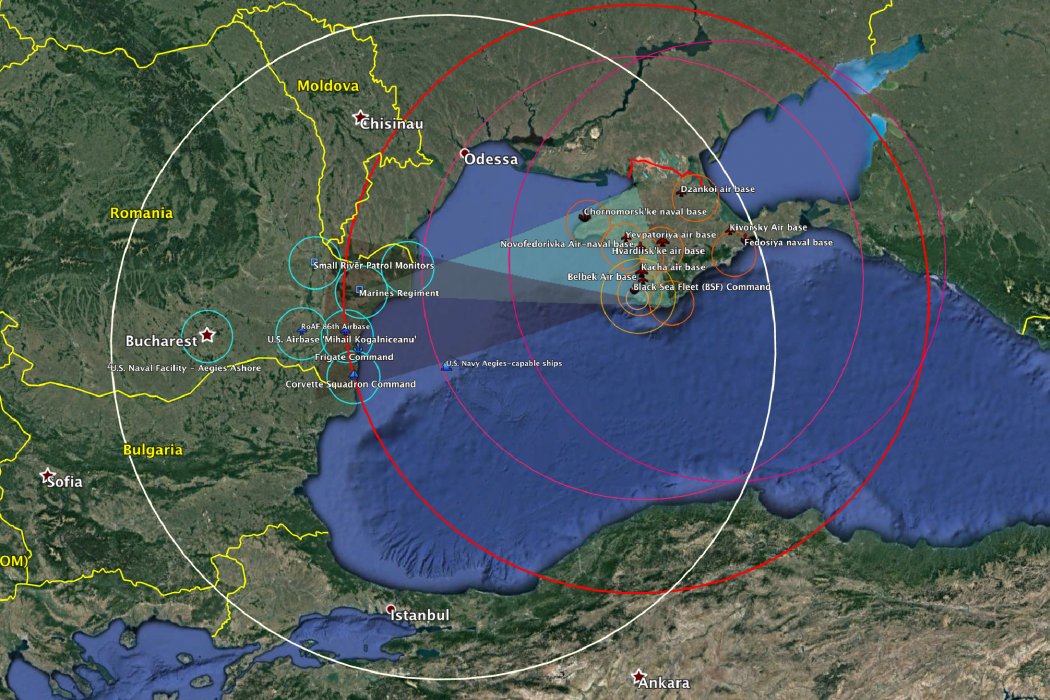
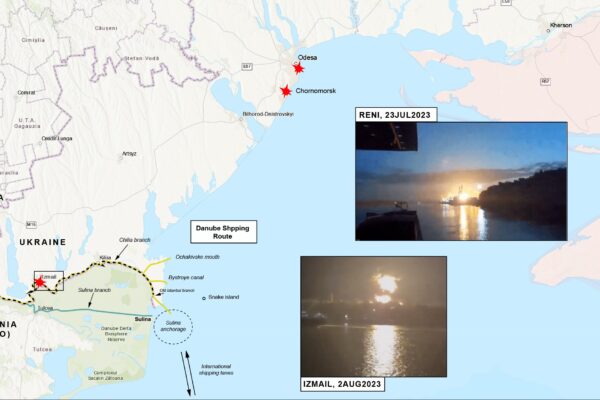
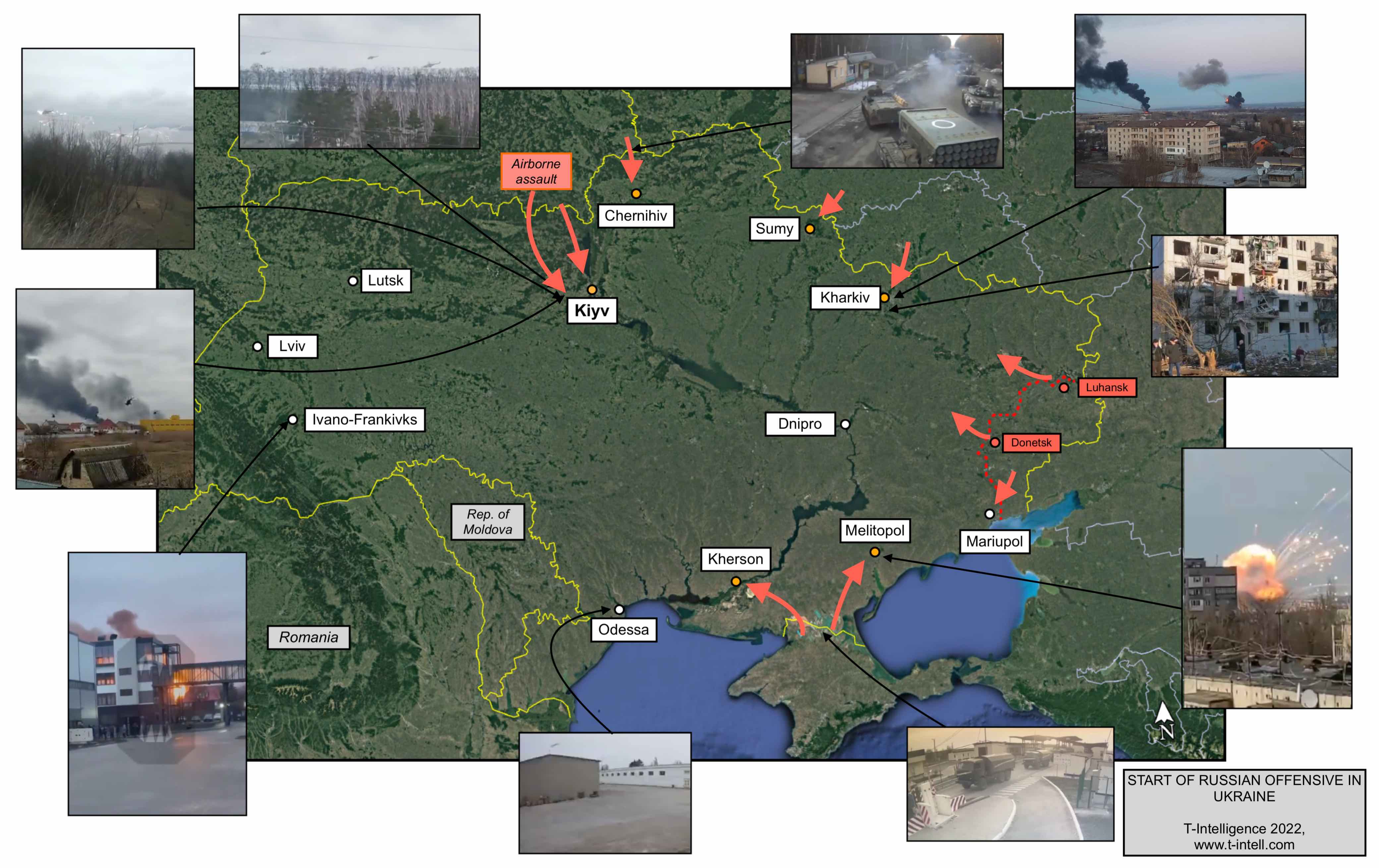


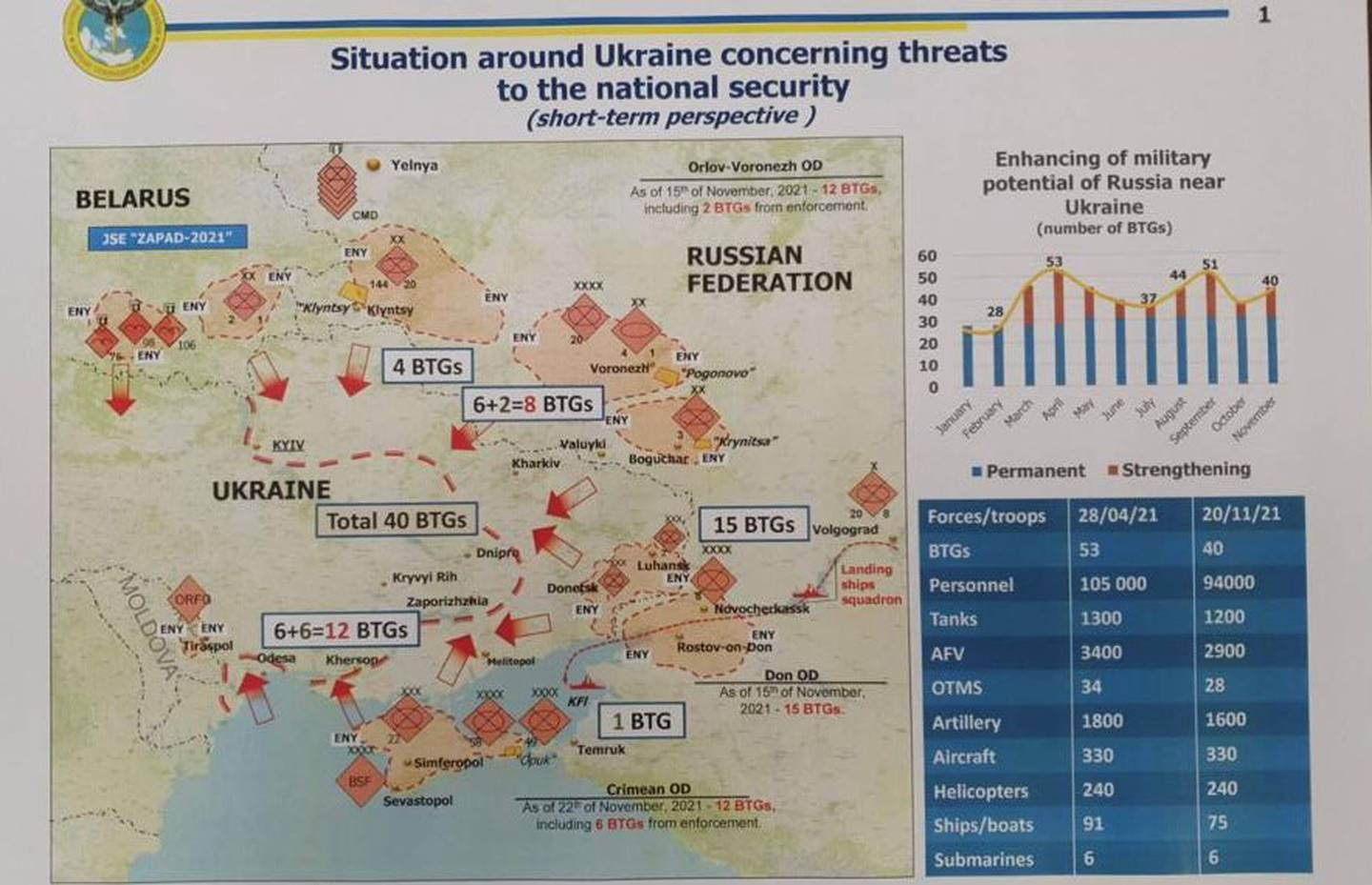


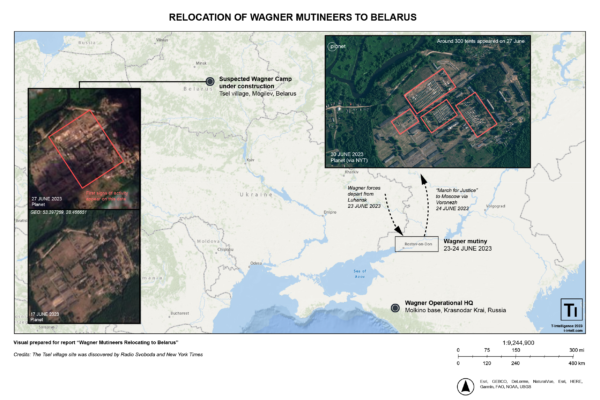
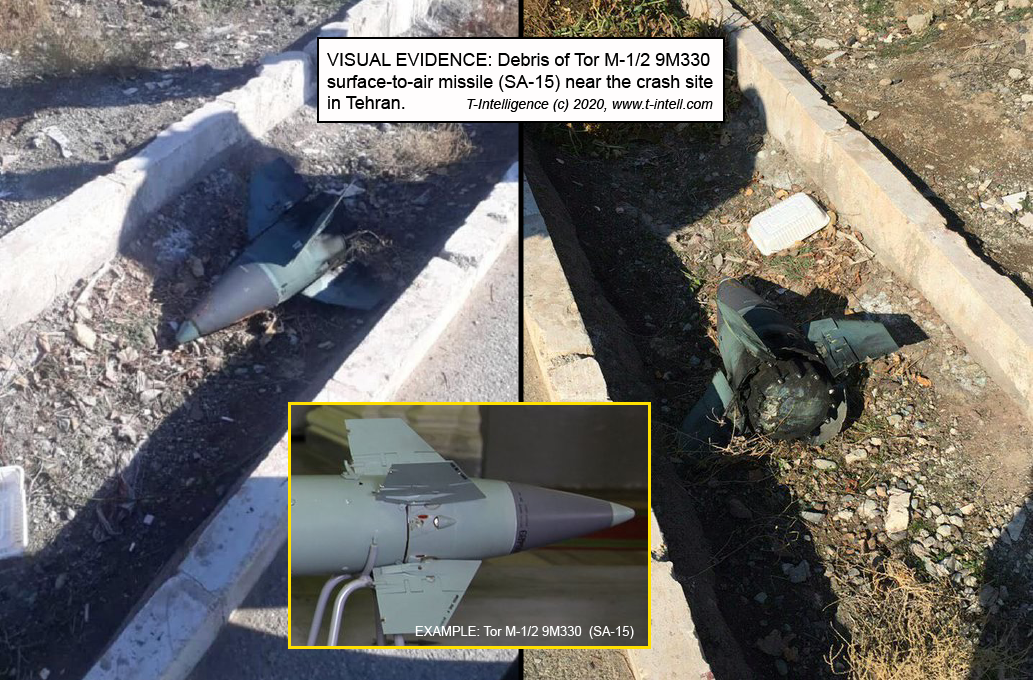
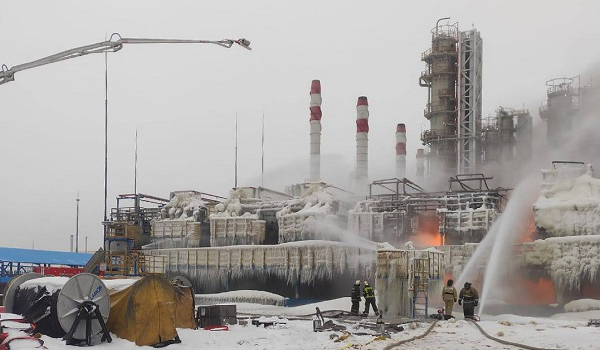


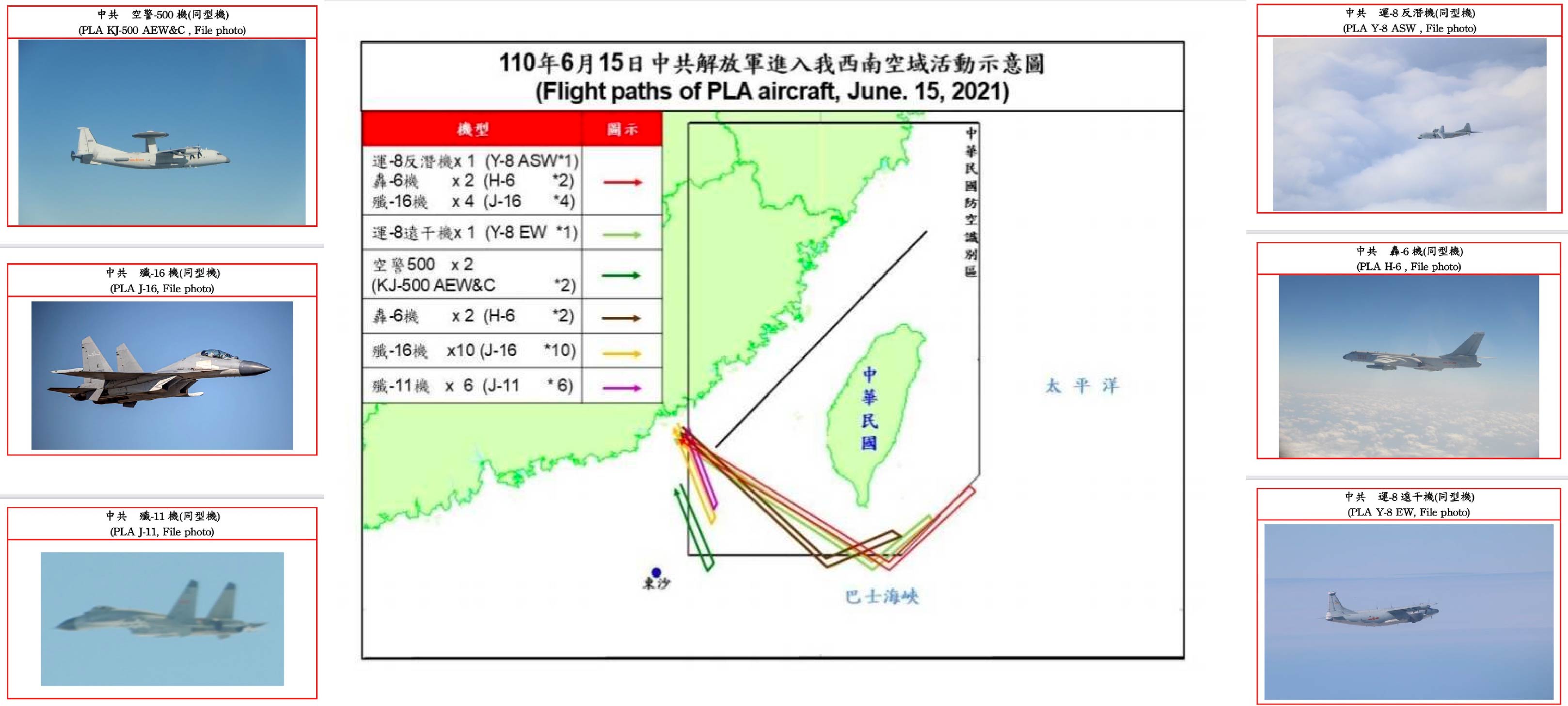
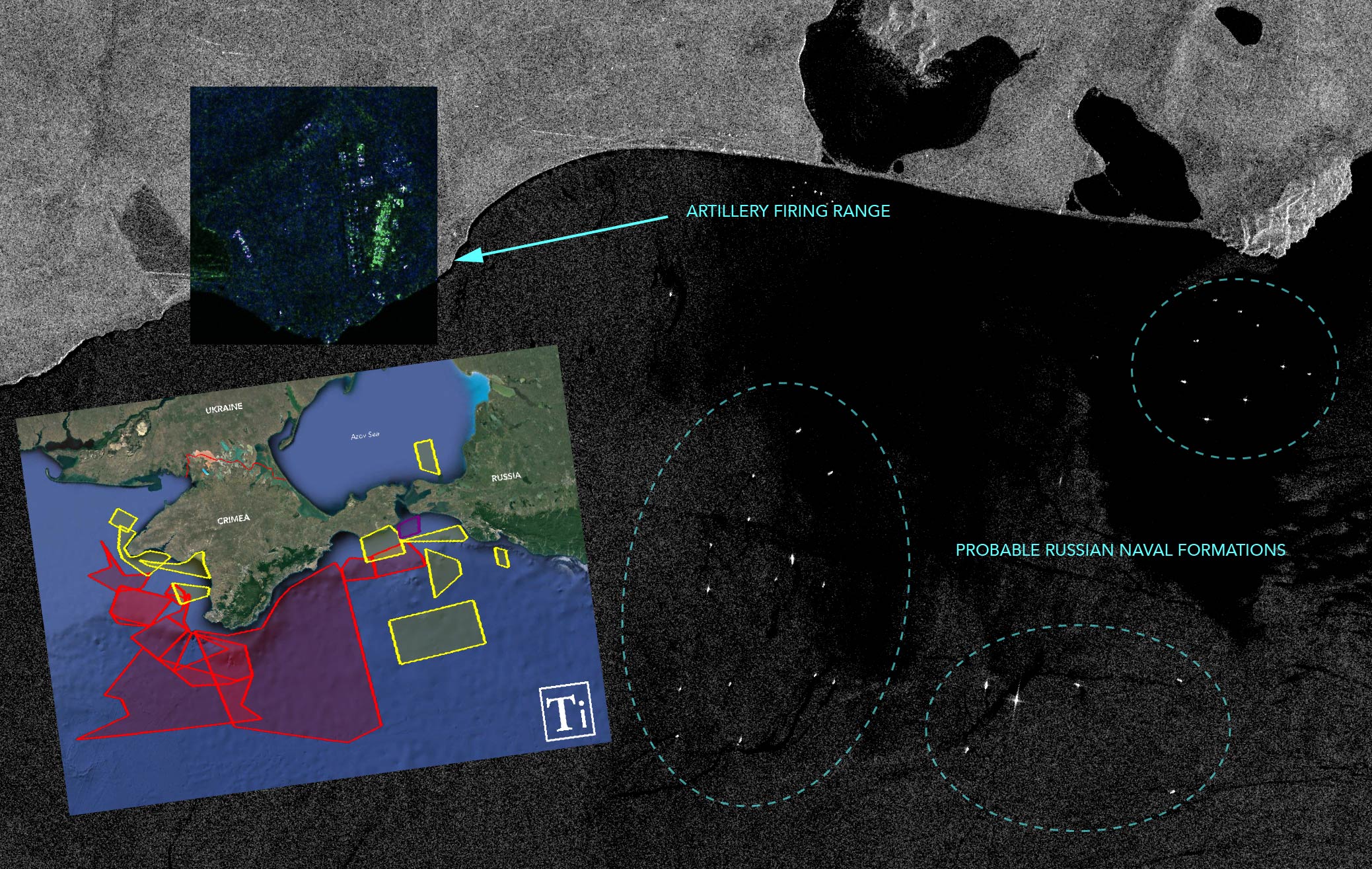
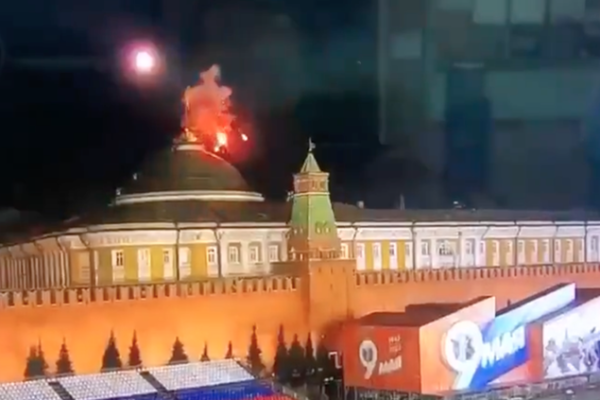

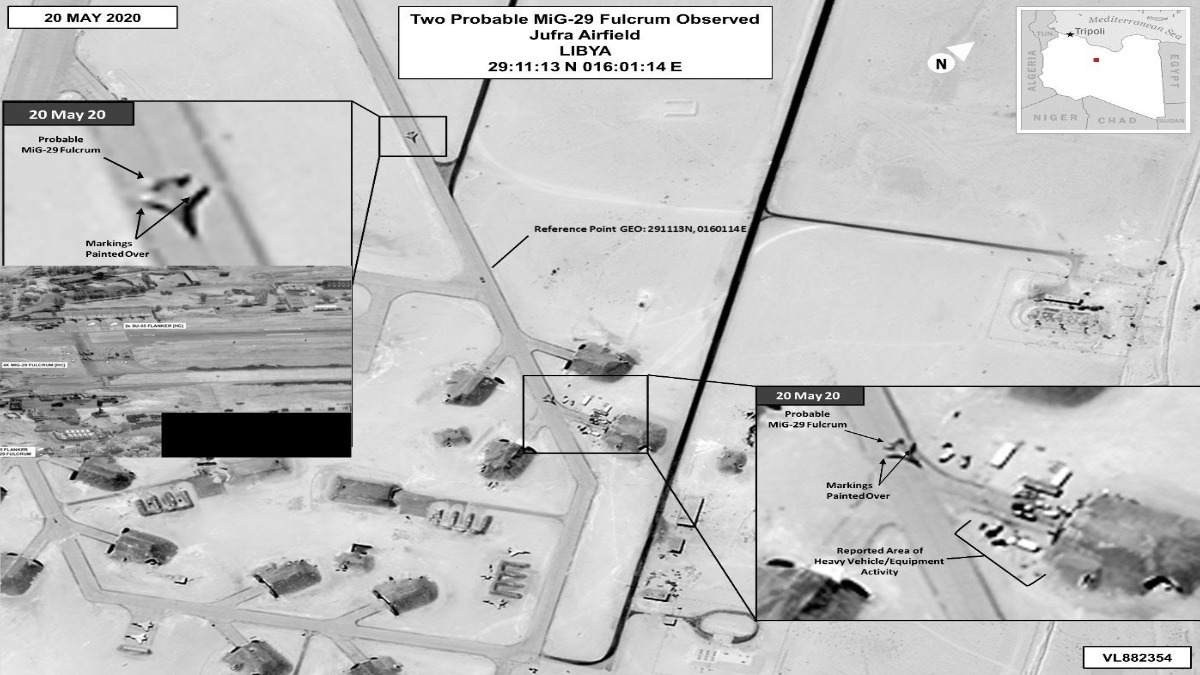


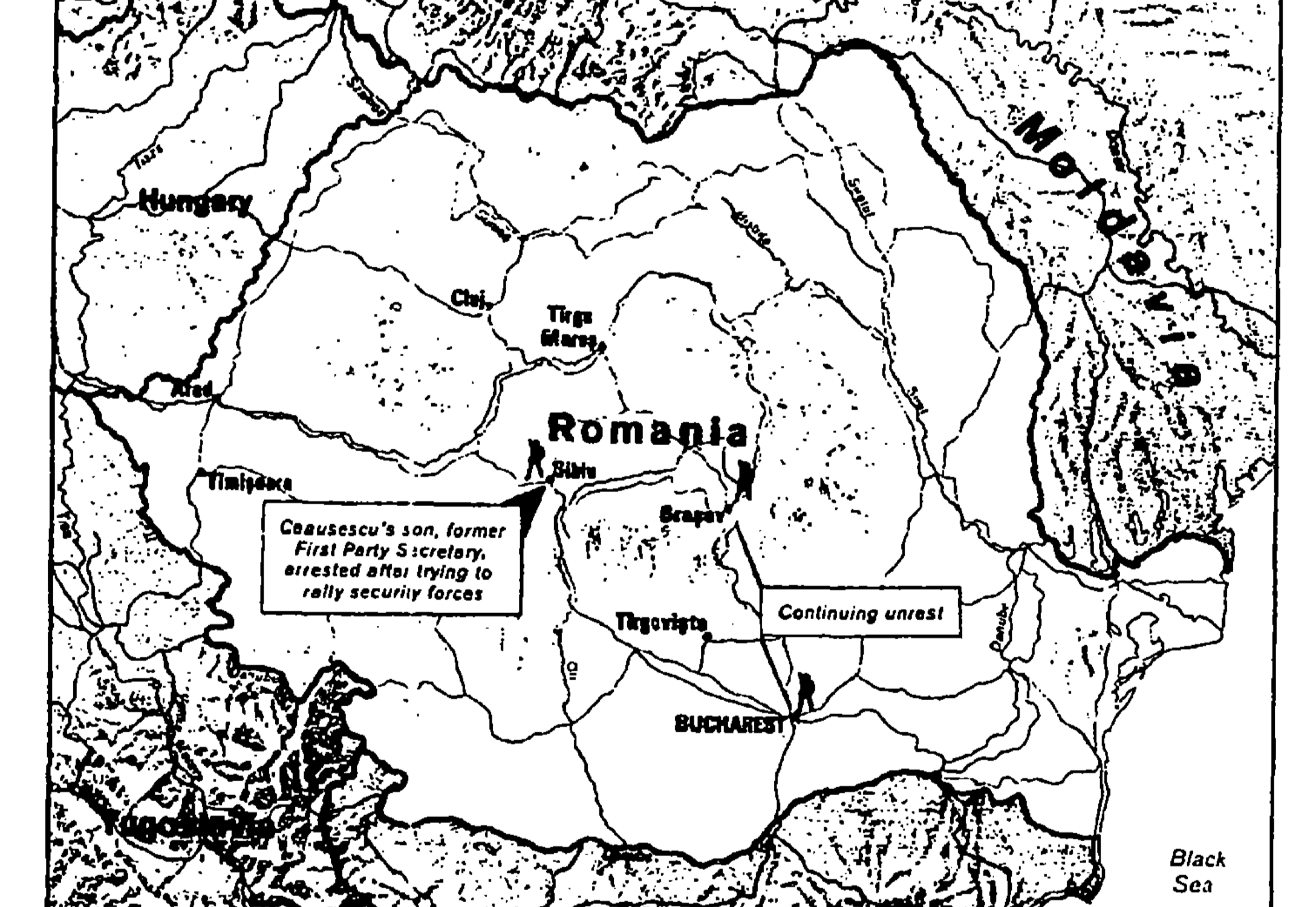

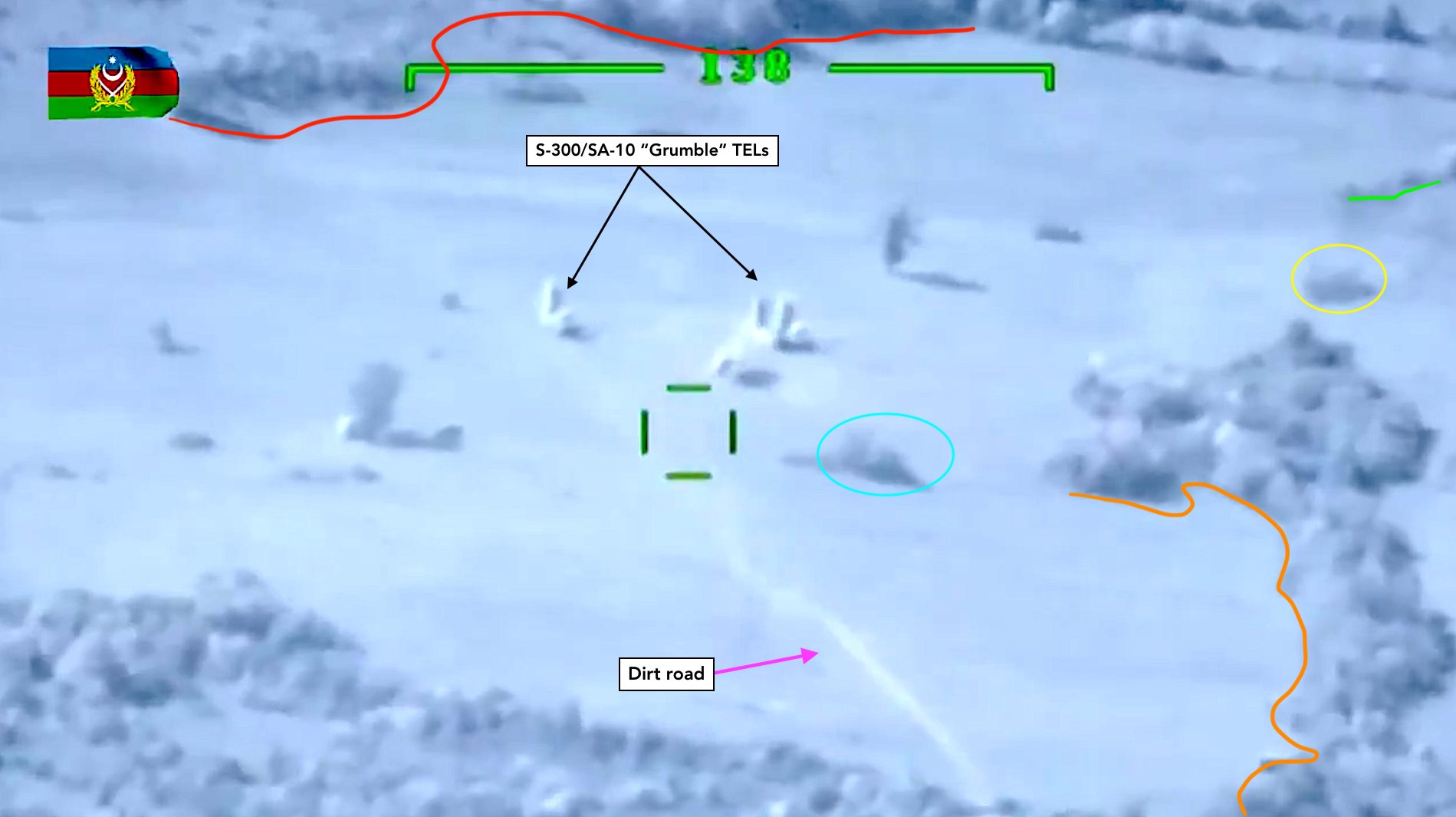

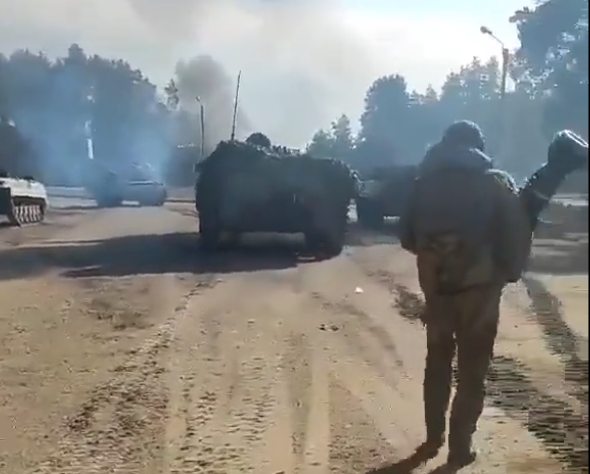
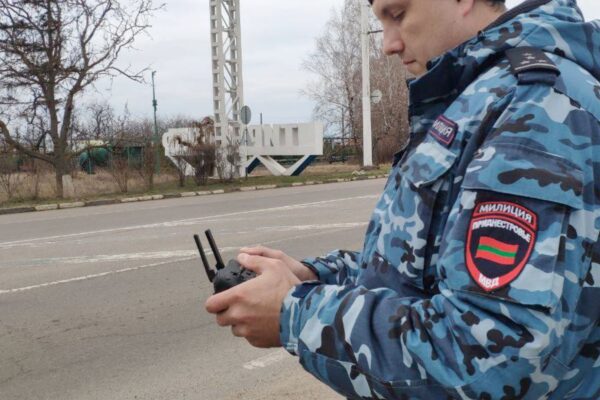
![Evacuation “Shattered Glass”: The US/ Coalition Bases in Syria [Part 2]](https://t-intell.com/wp-content/uploads/2020/02/TelSalman24.2.2018_optimized.png)
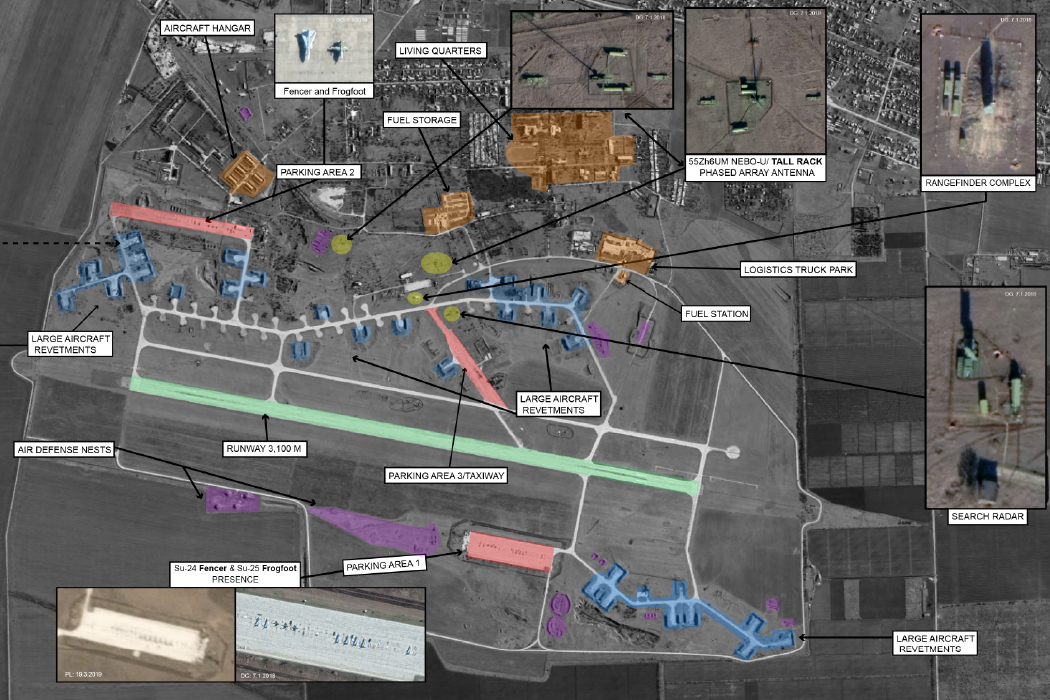
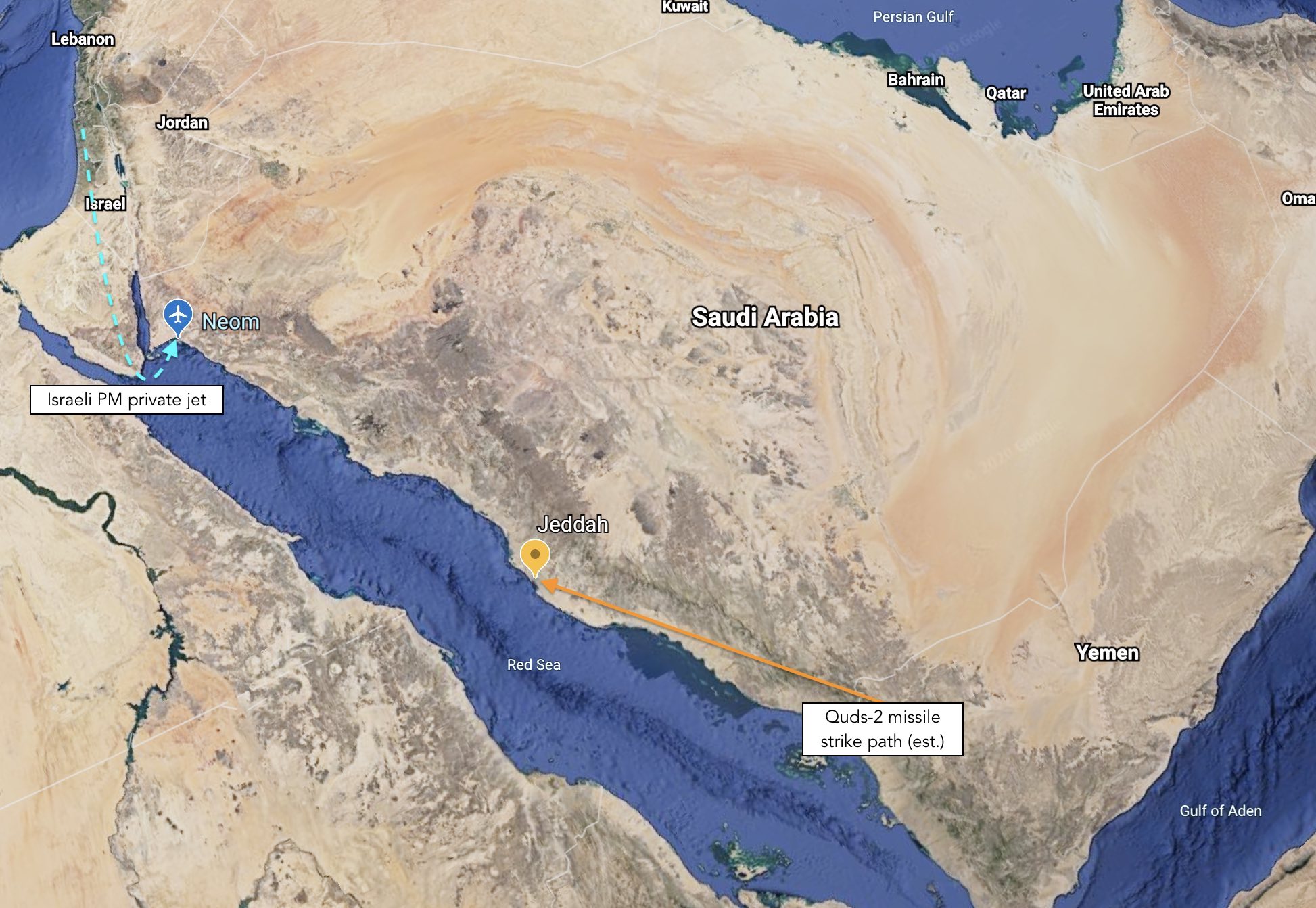
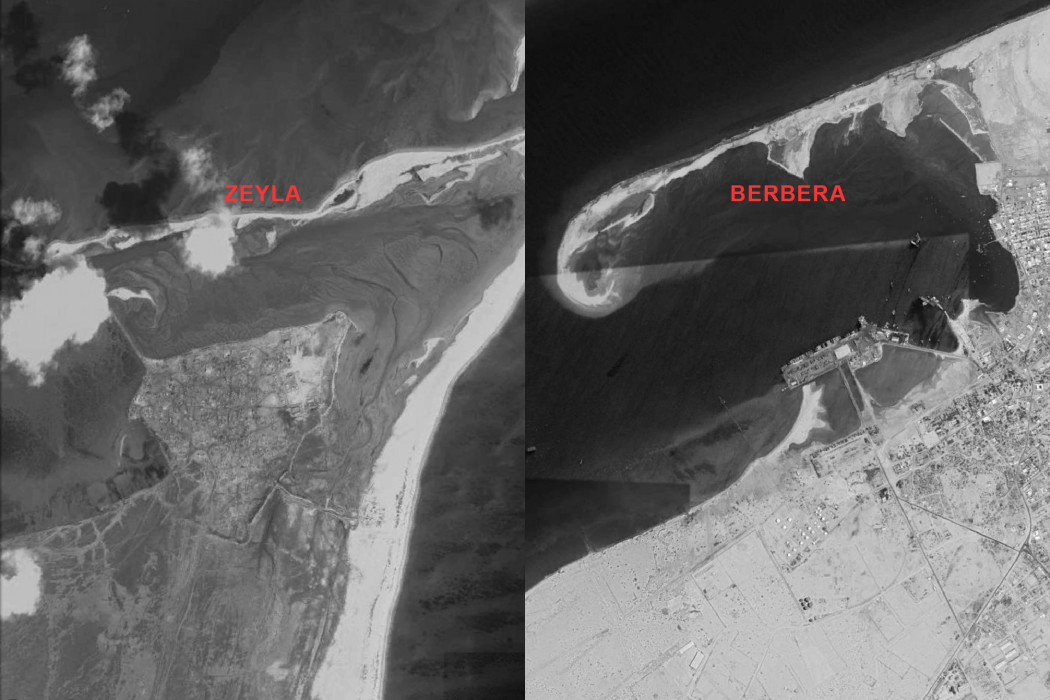

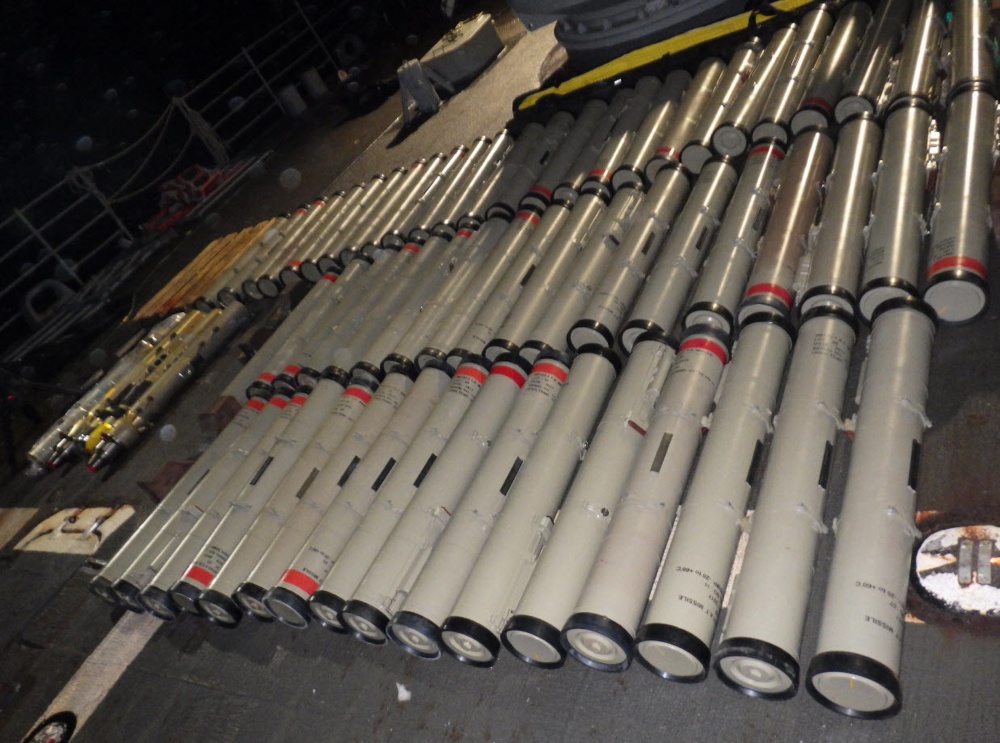
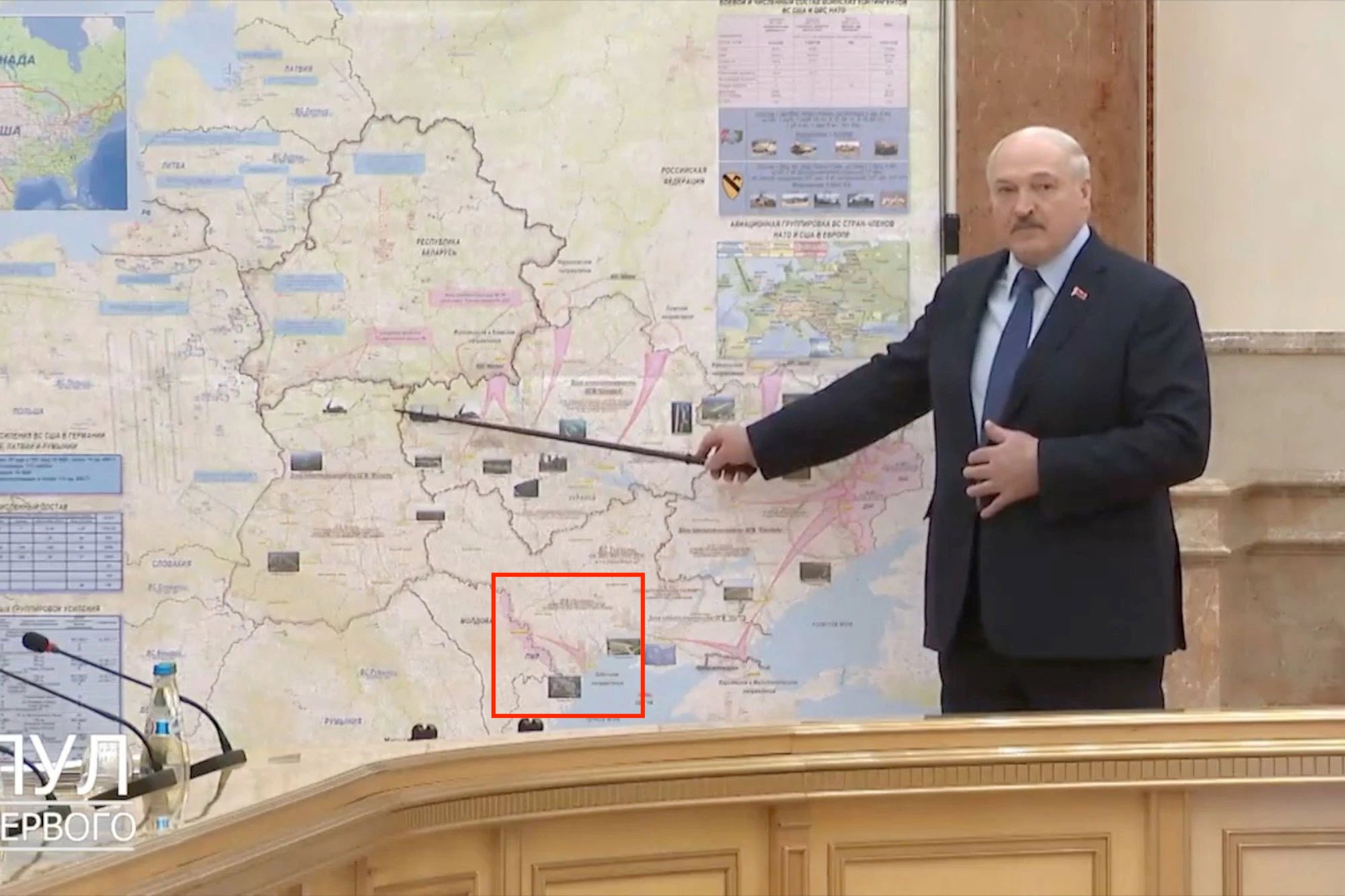
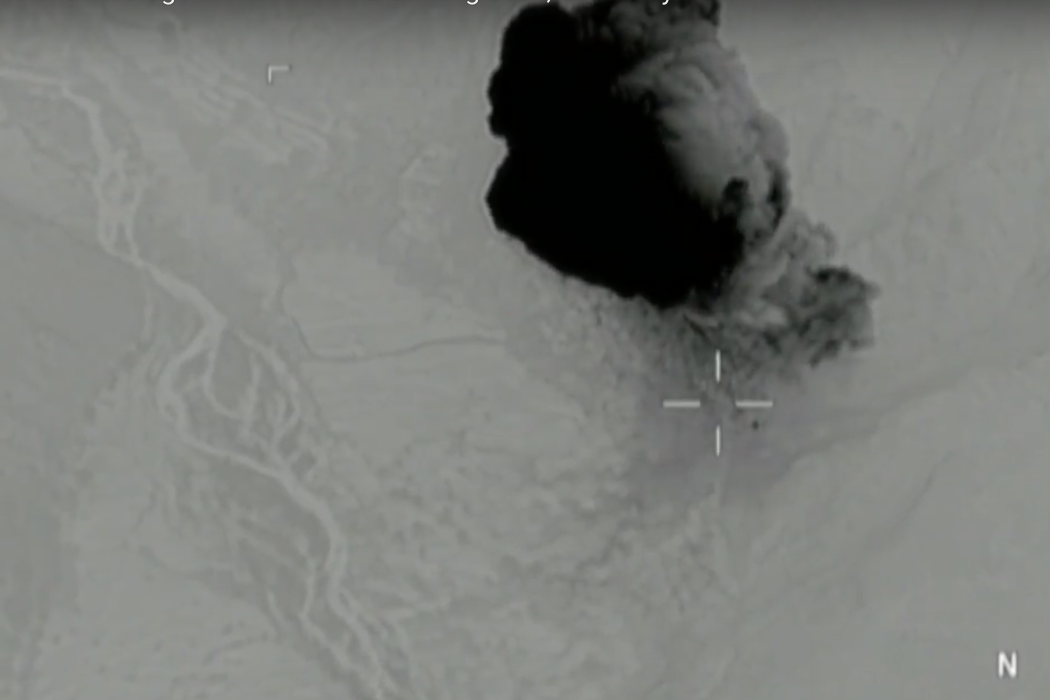


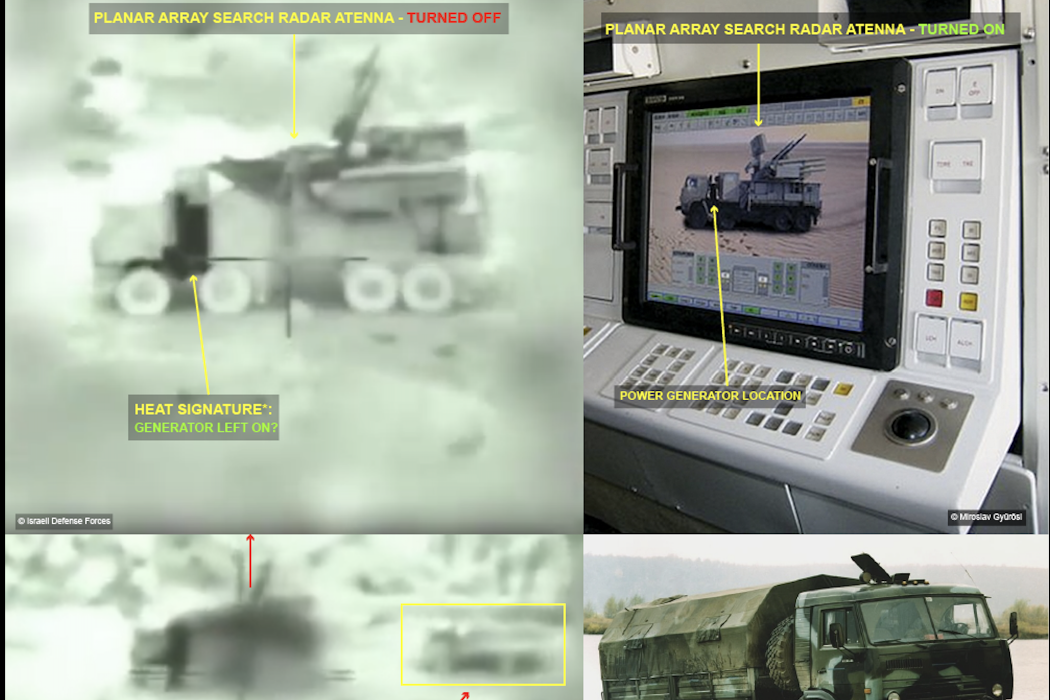

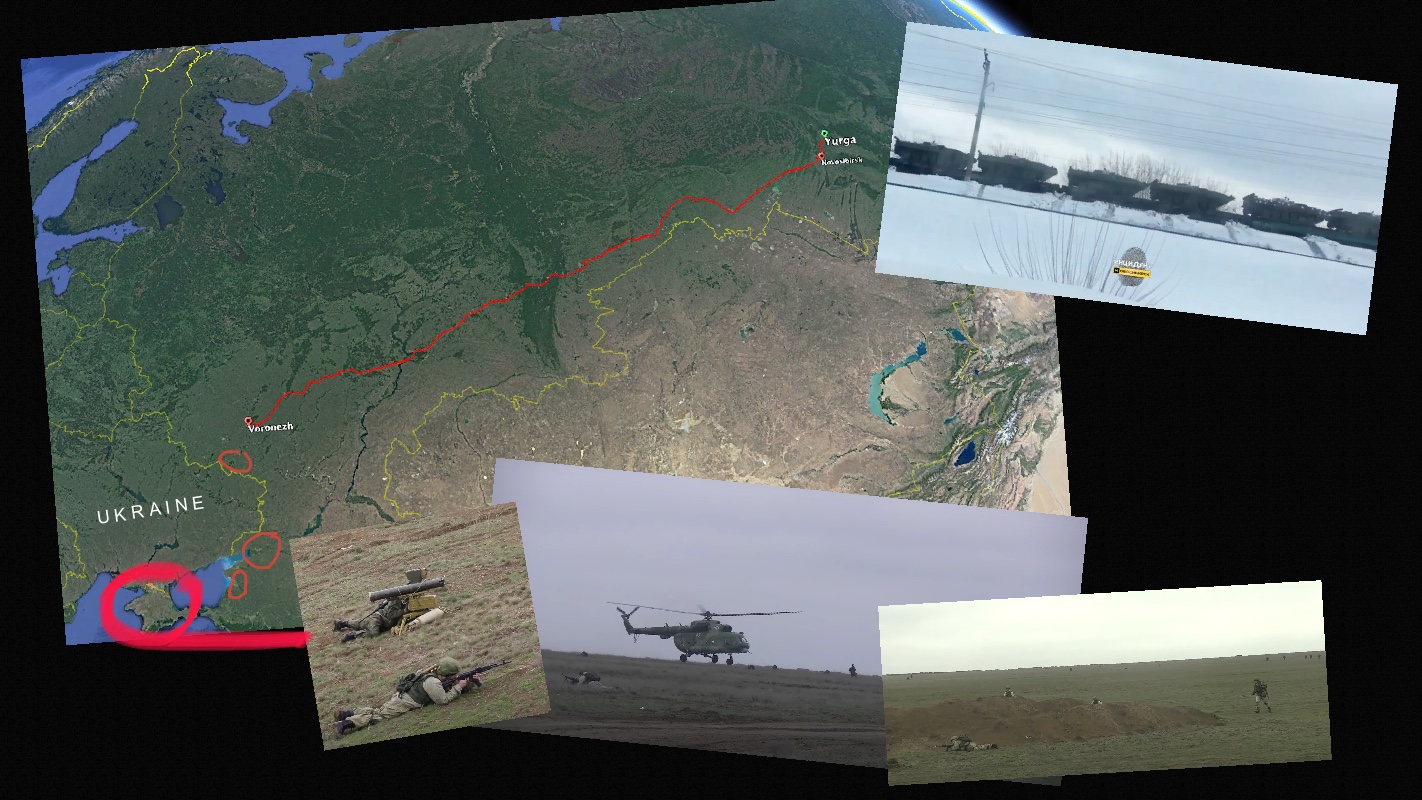
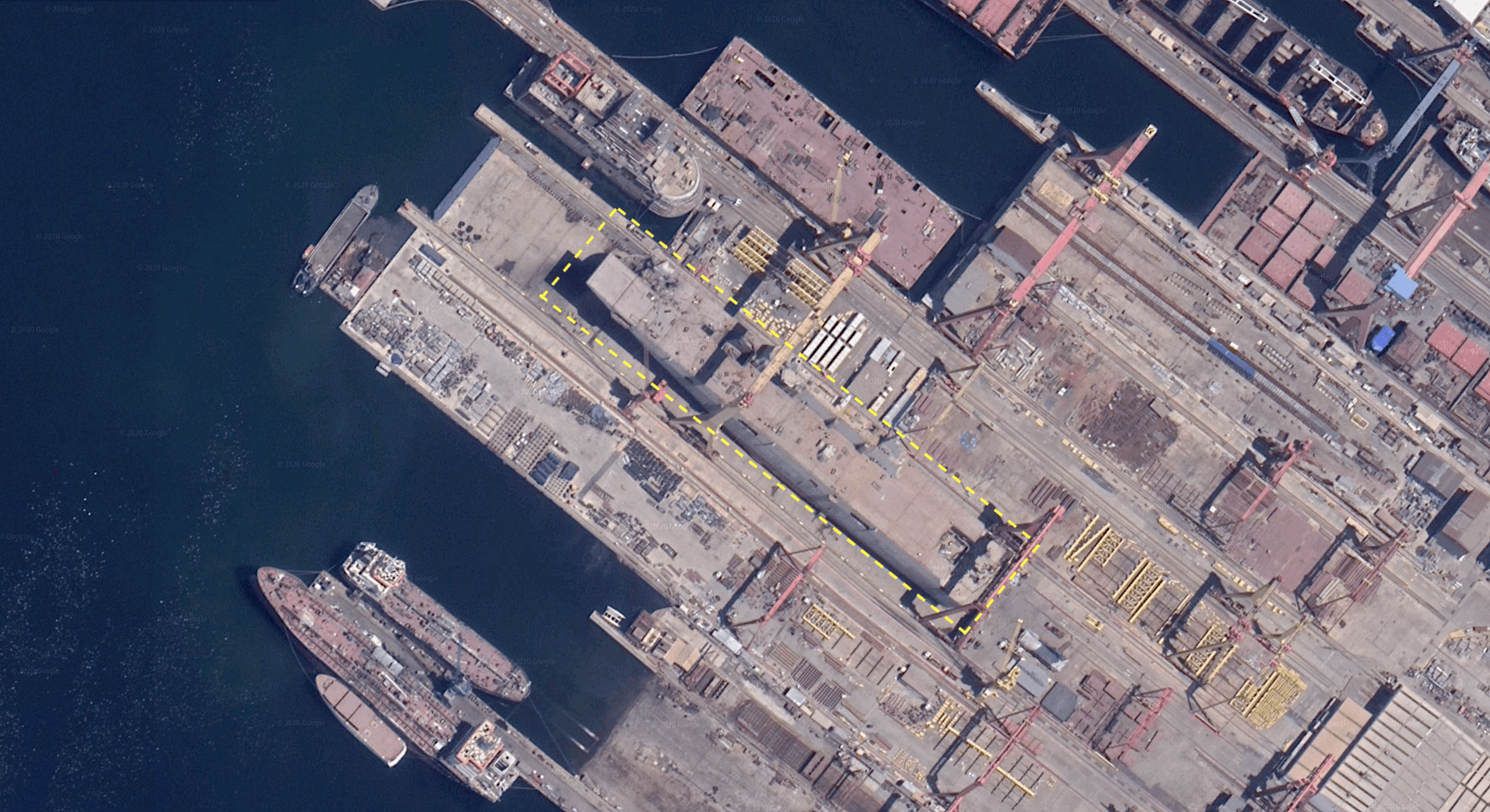

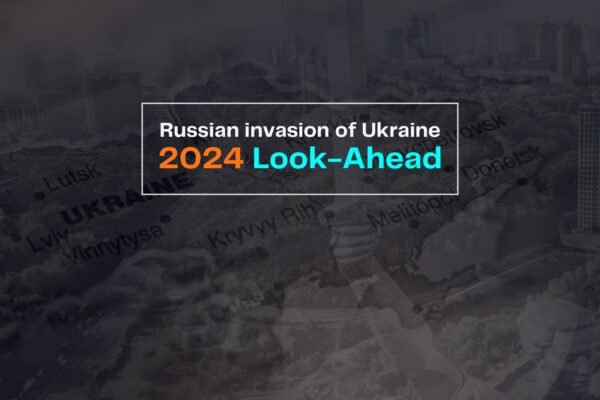

![Evacuation “Shattered Glass”: The US/ Coalition Bases in Syria [Part 1]](https://t-intell.com/wp-content/uploads/2020/02/KLZJan.62018copy_optimized.png)


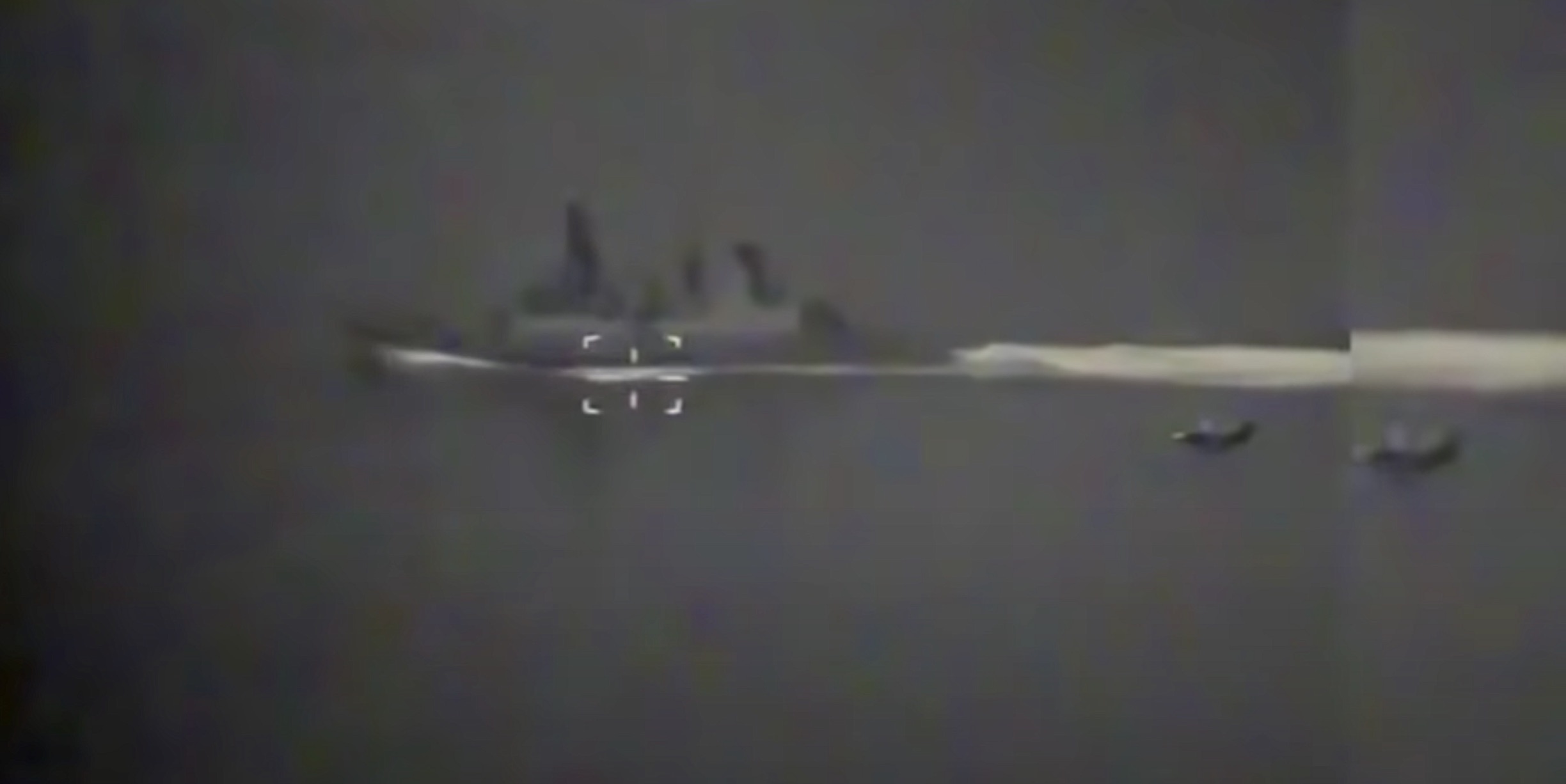
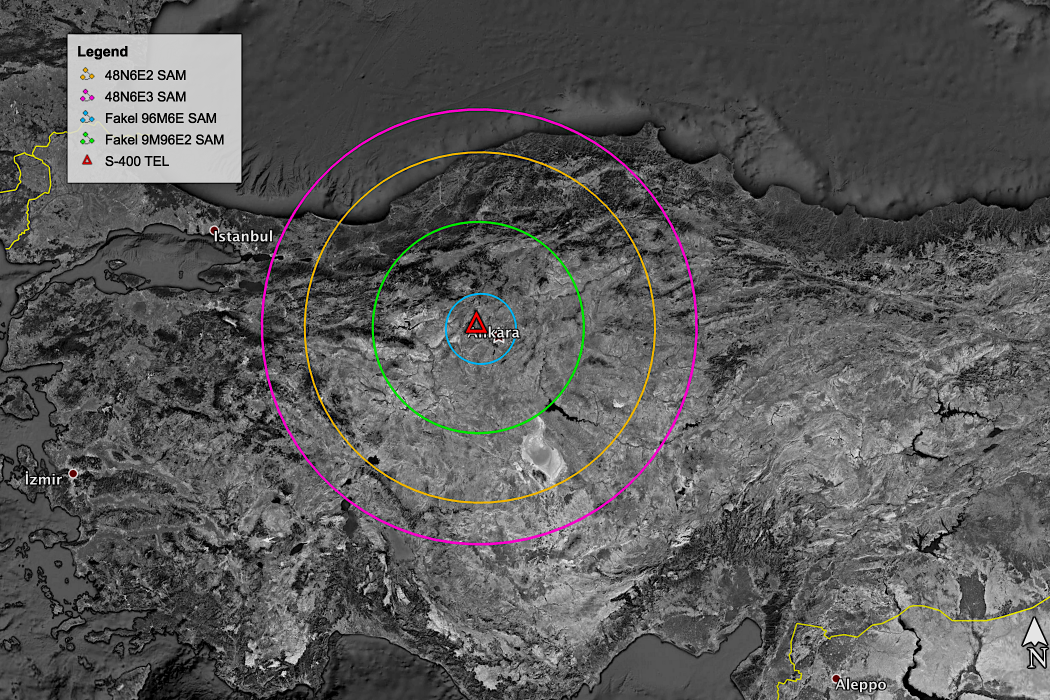
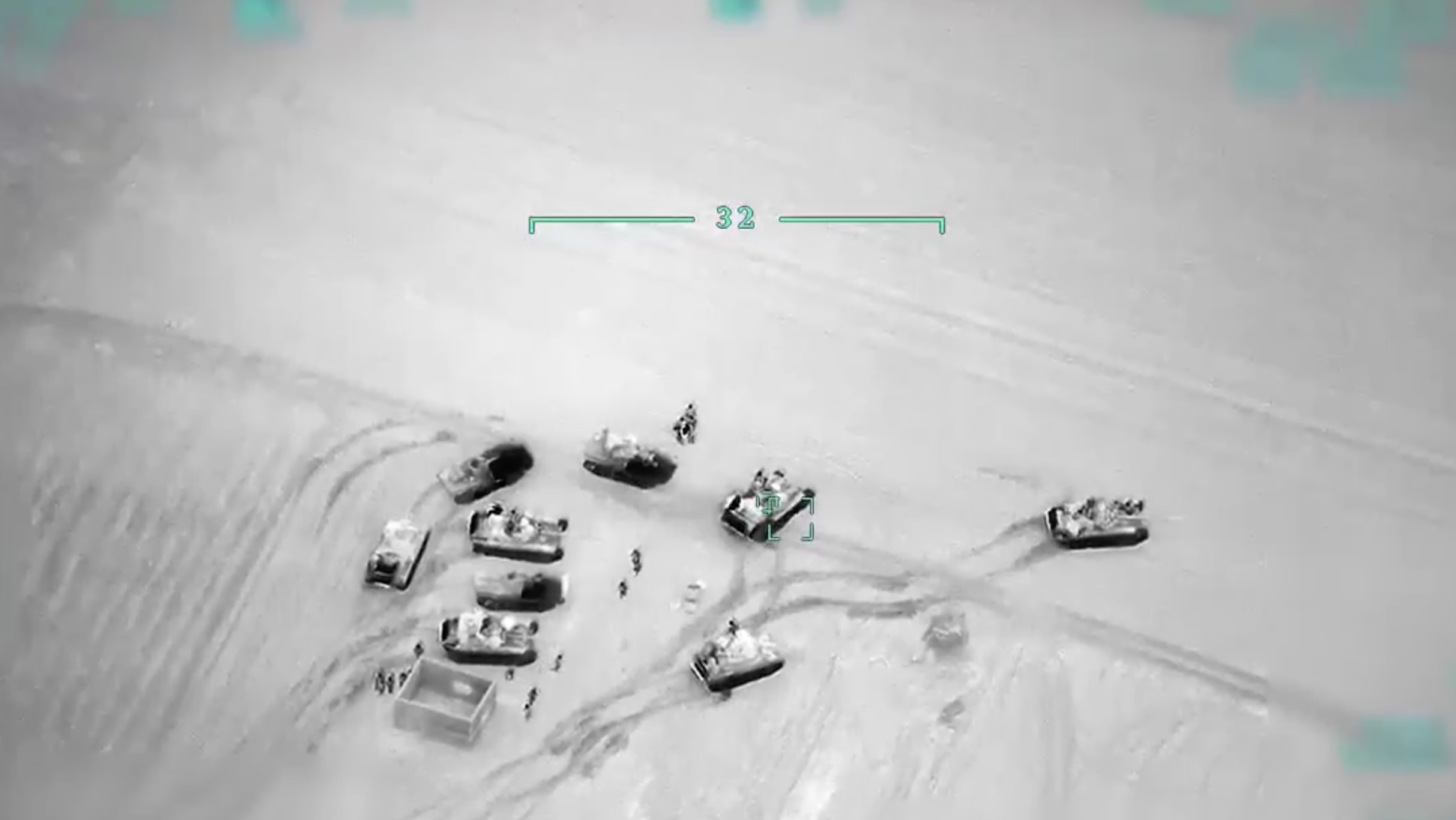

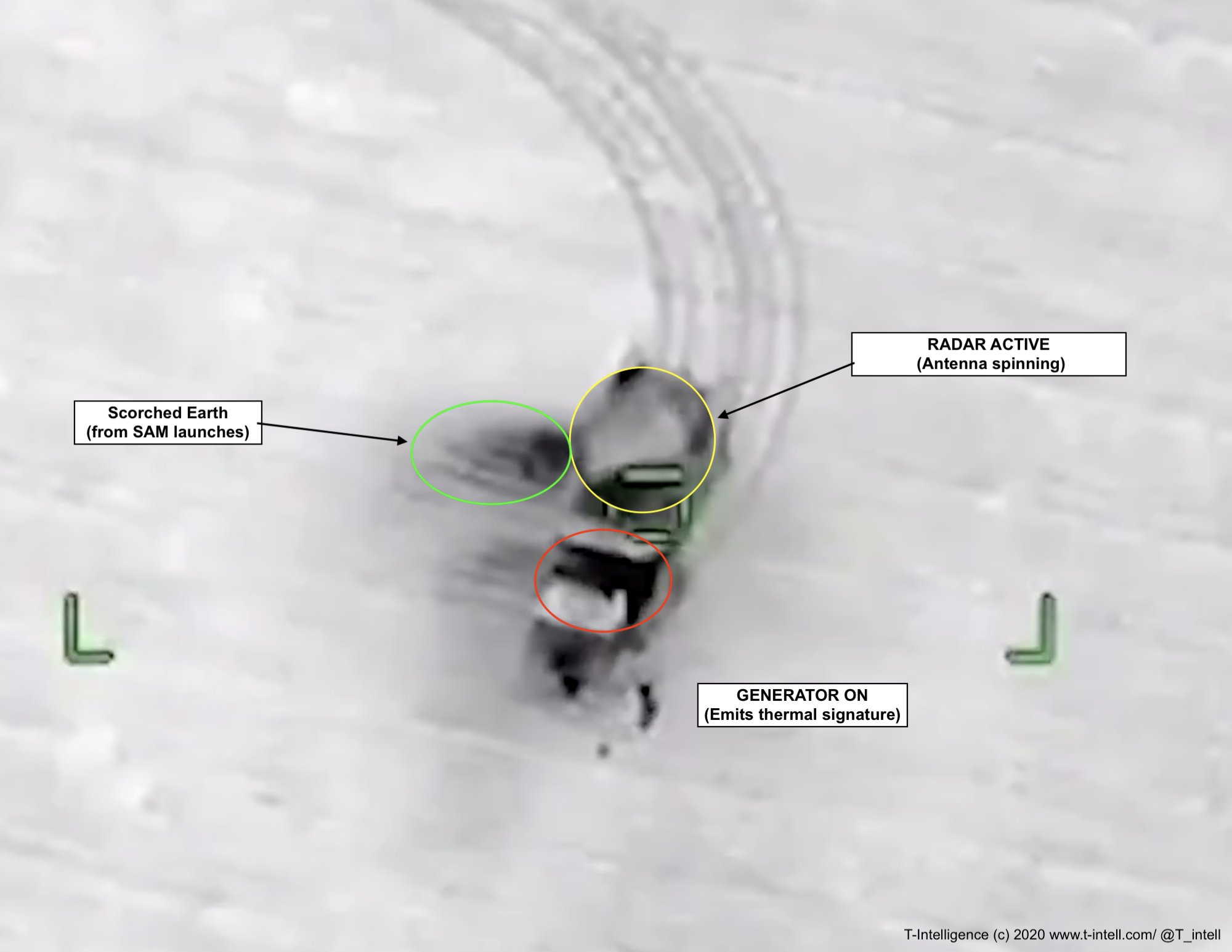
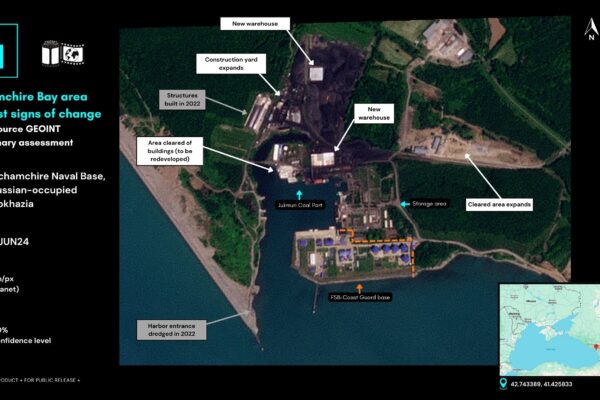
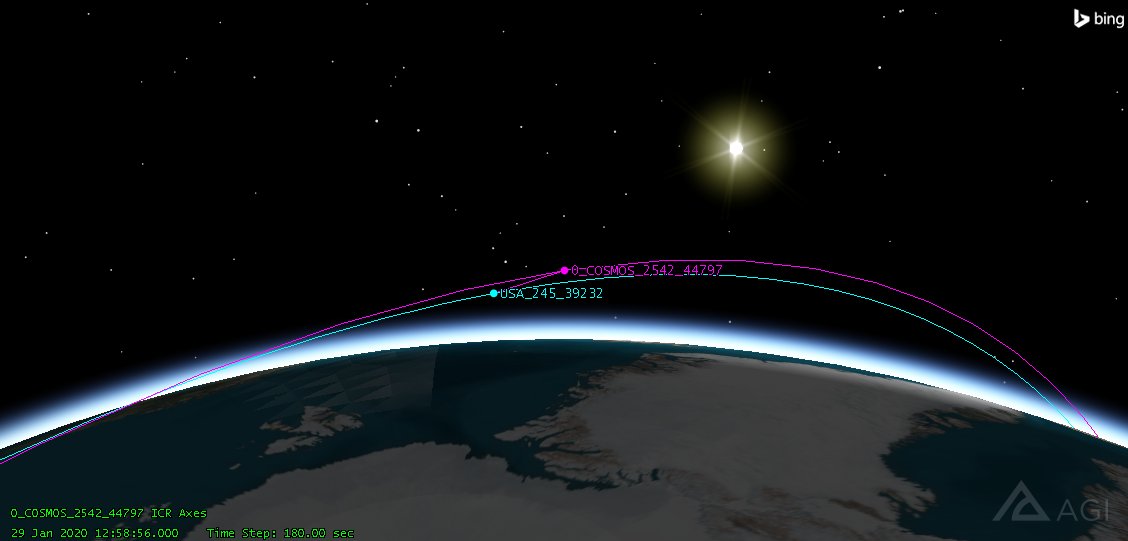
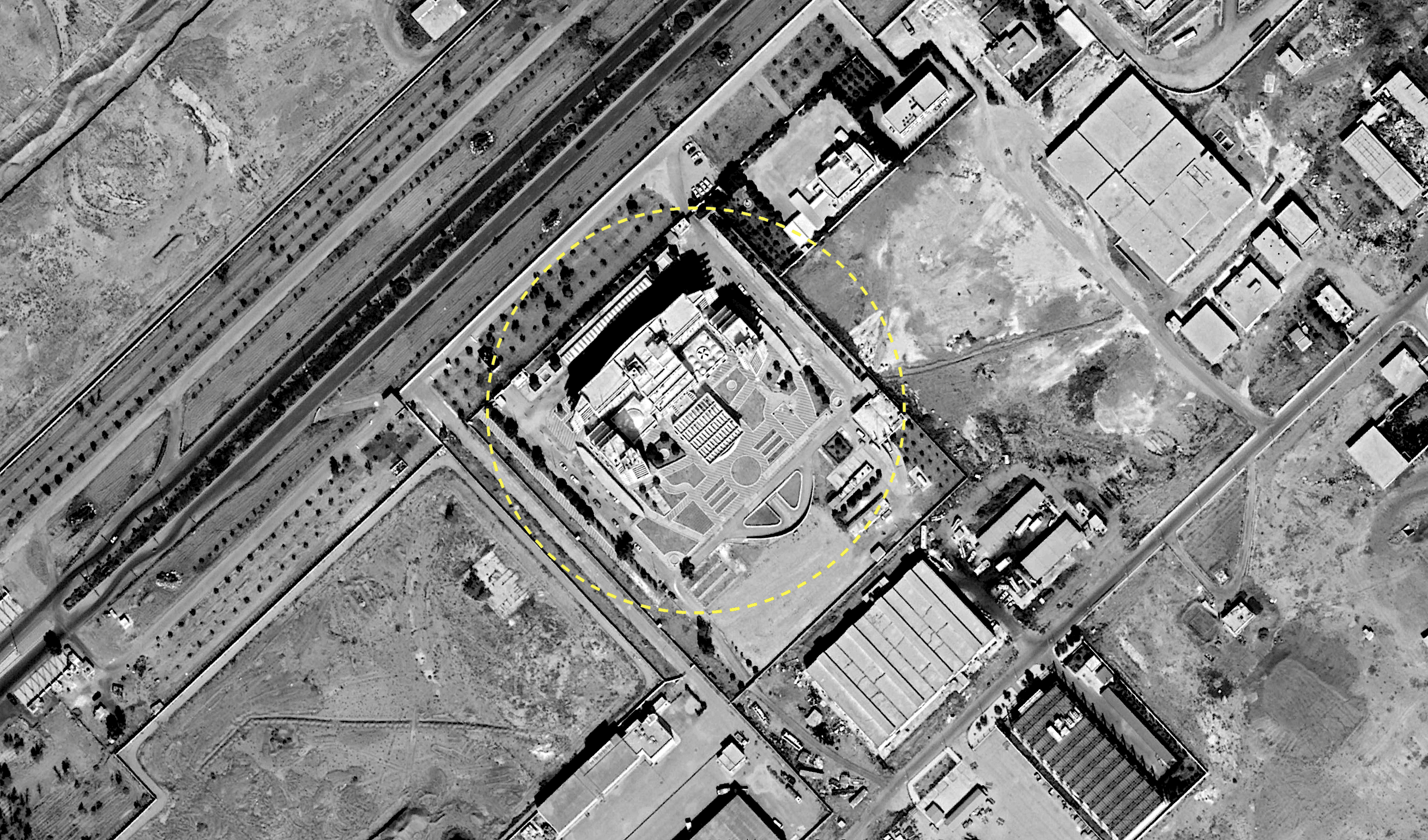

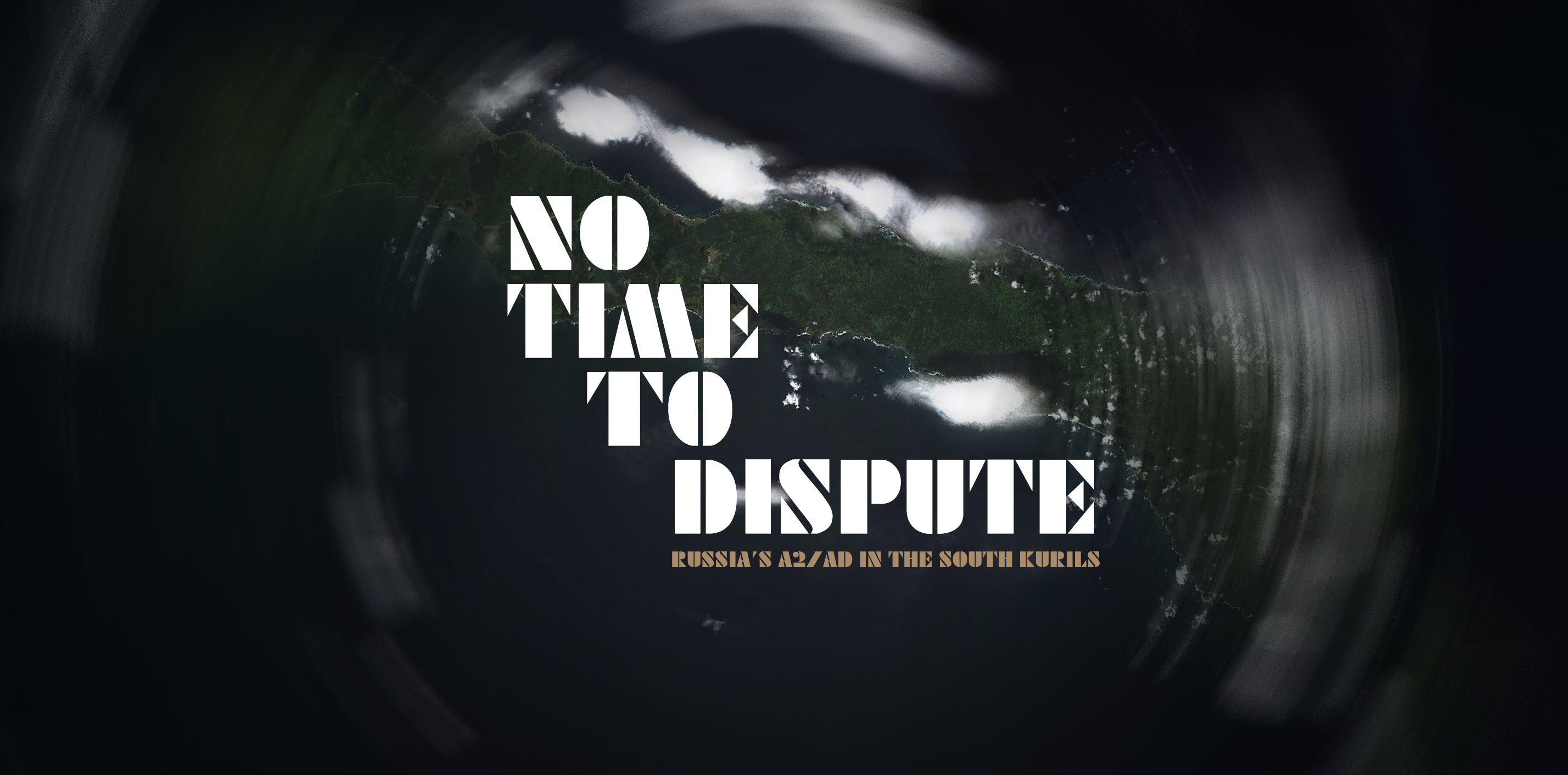

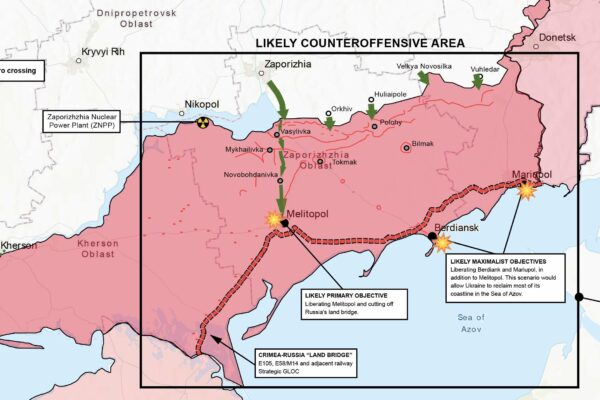
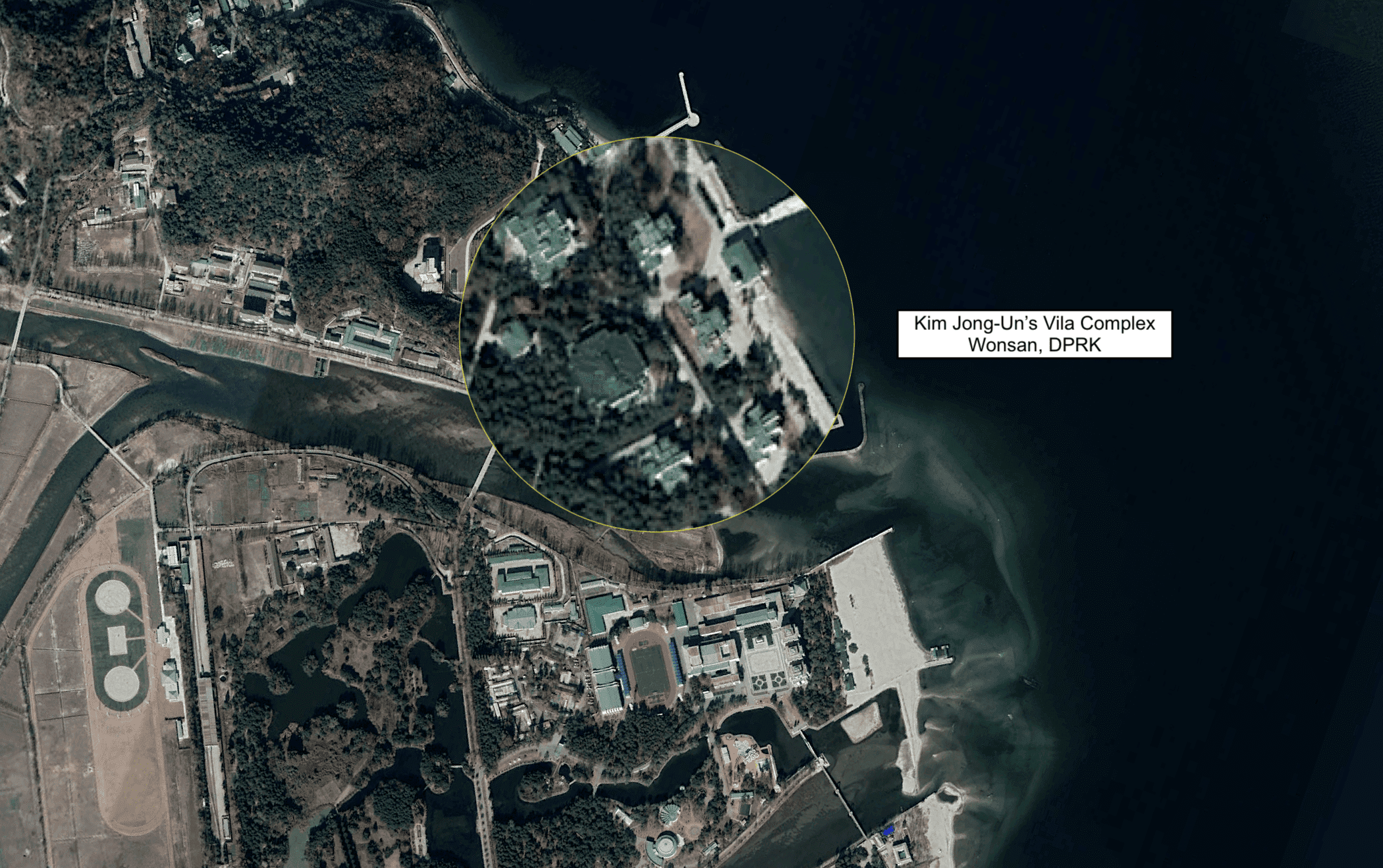

![Pride of Belarus: Baranovichi 61st Fighter Air Base [GEOINT]](https://t-intell.com/wp-content/uploads/2021/08/cover_article.jpg)

